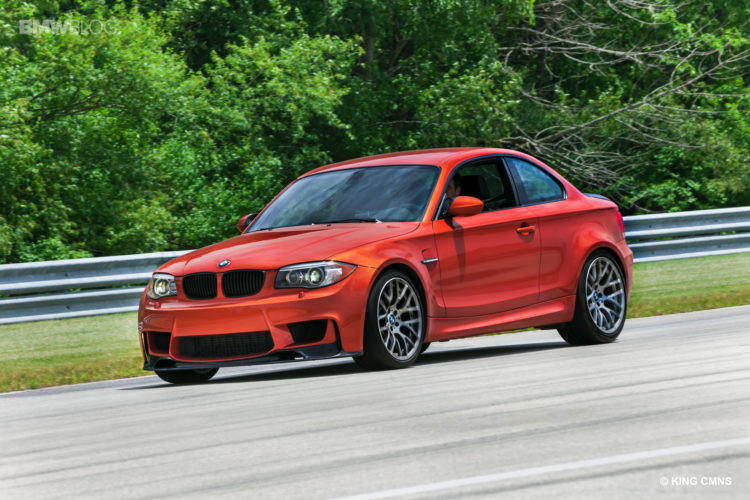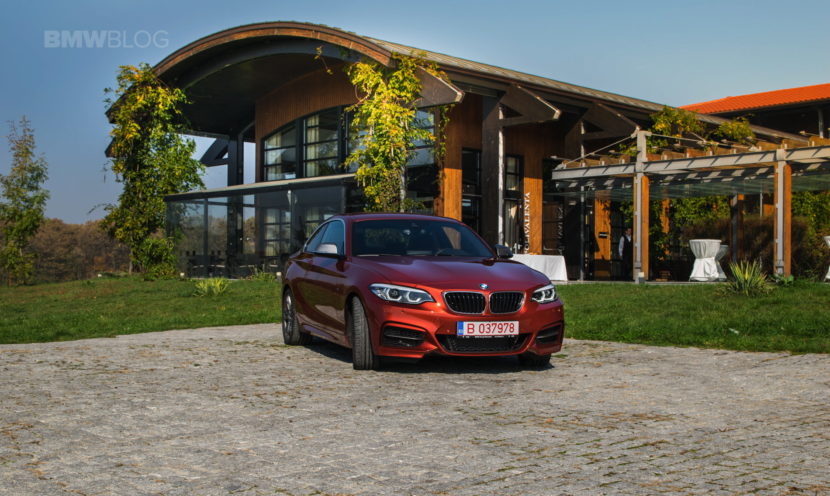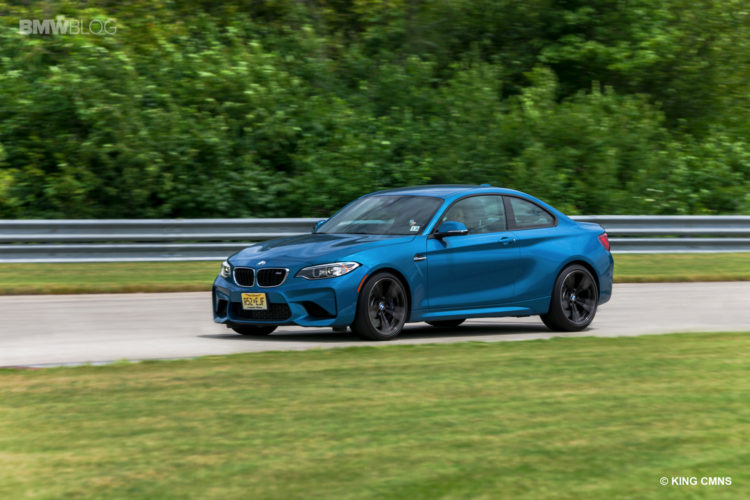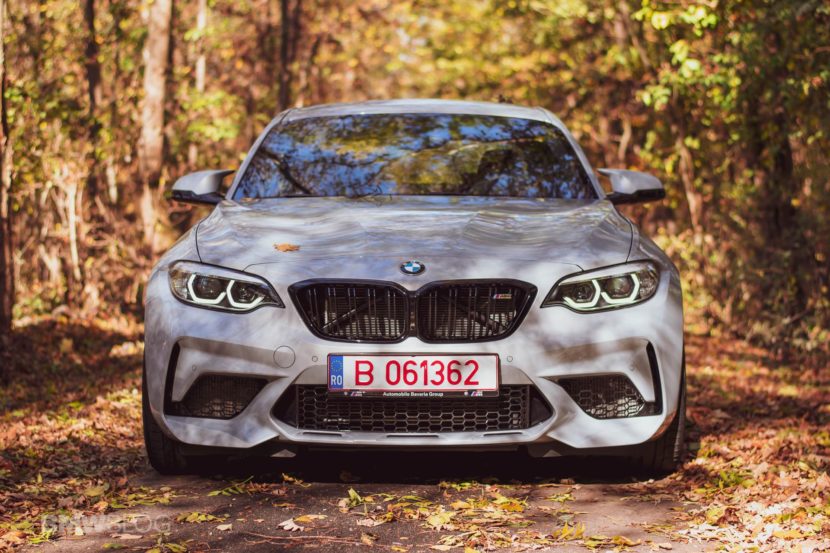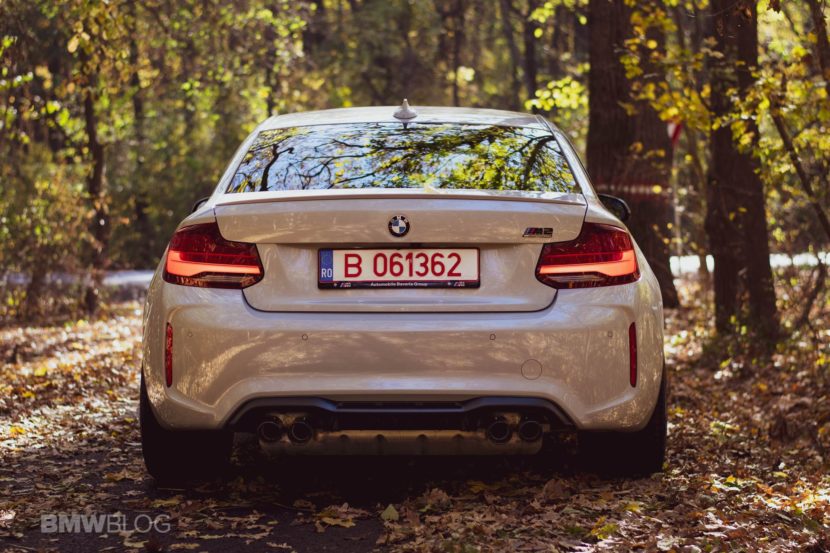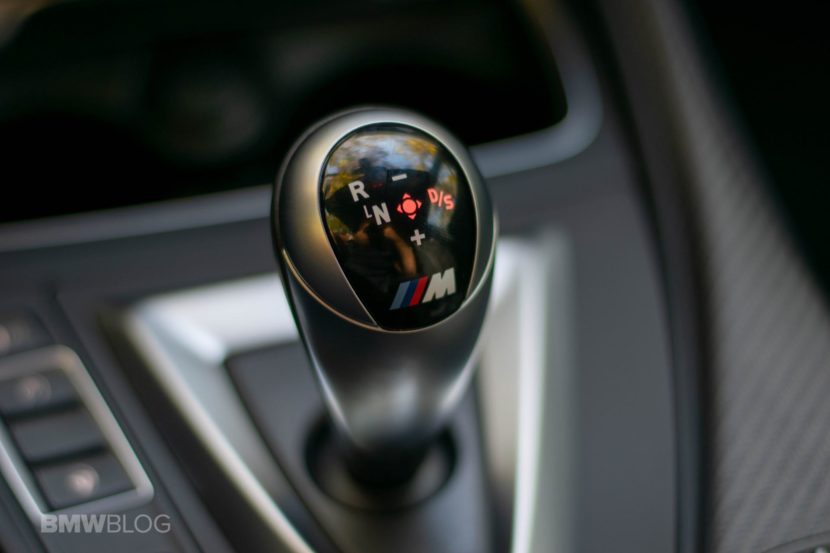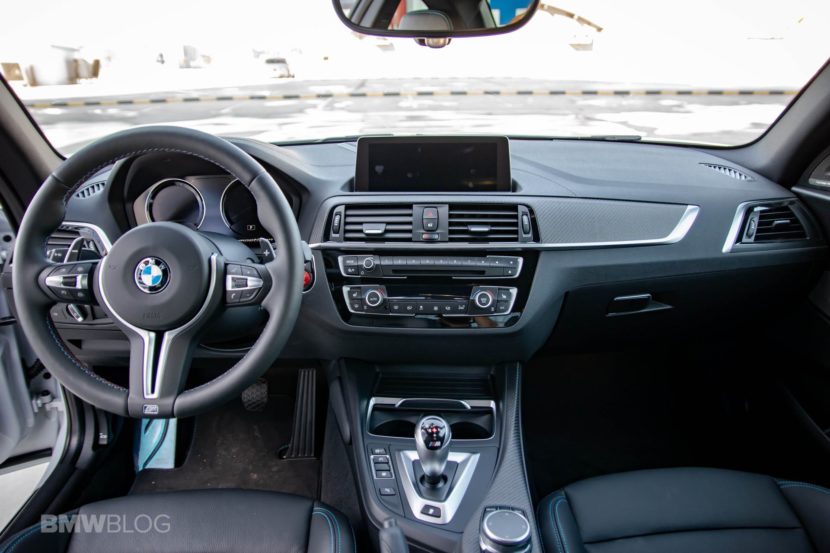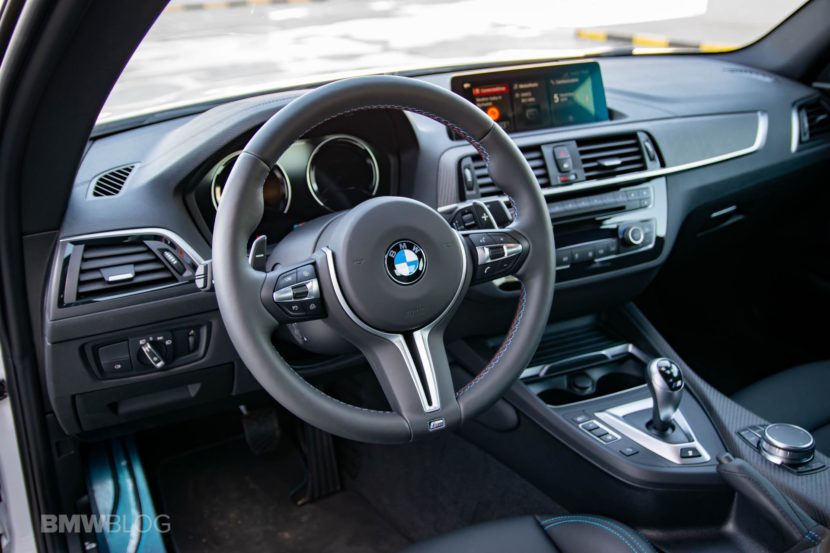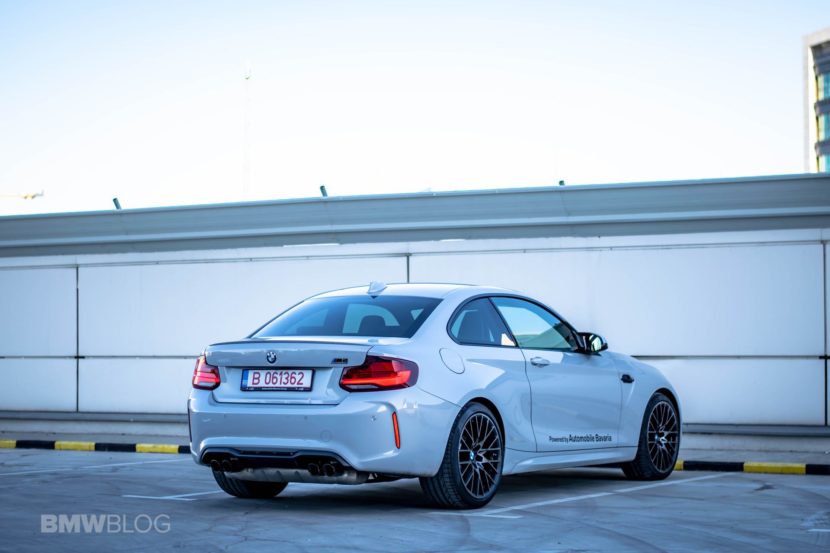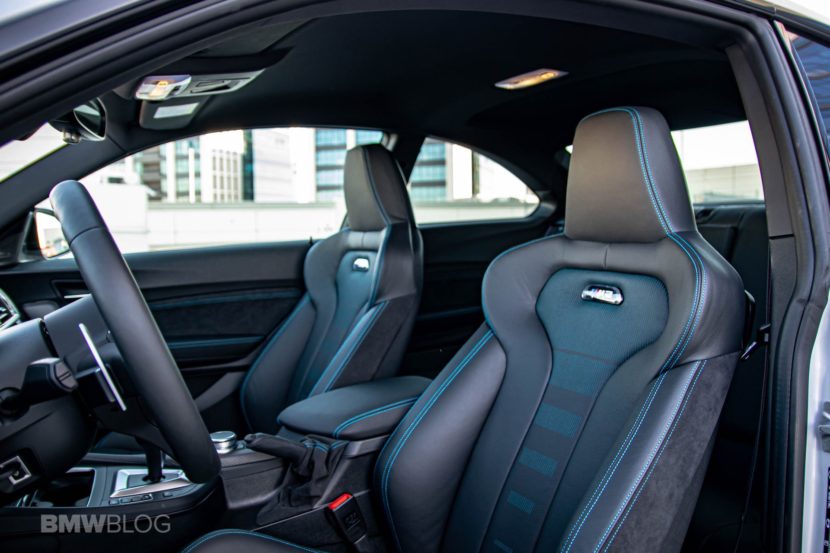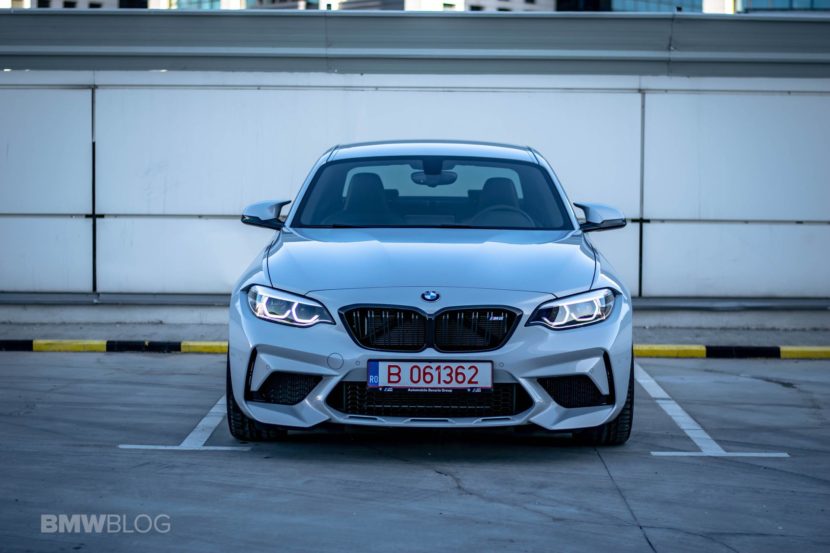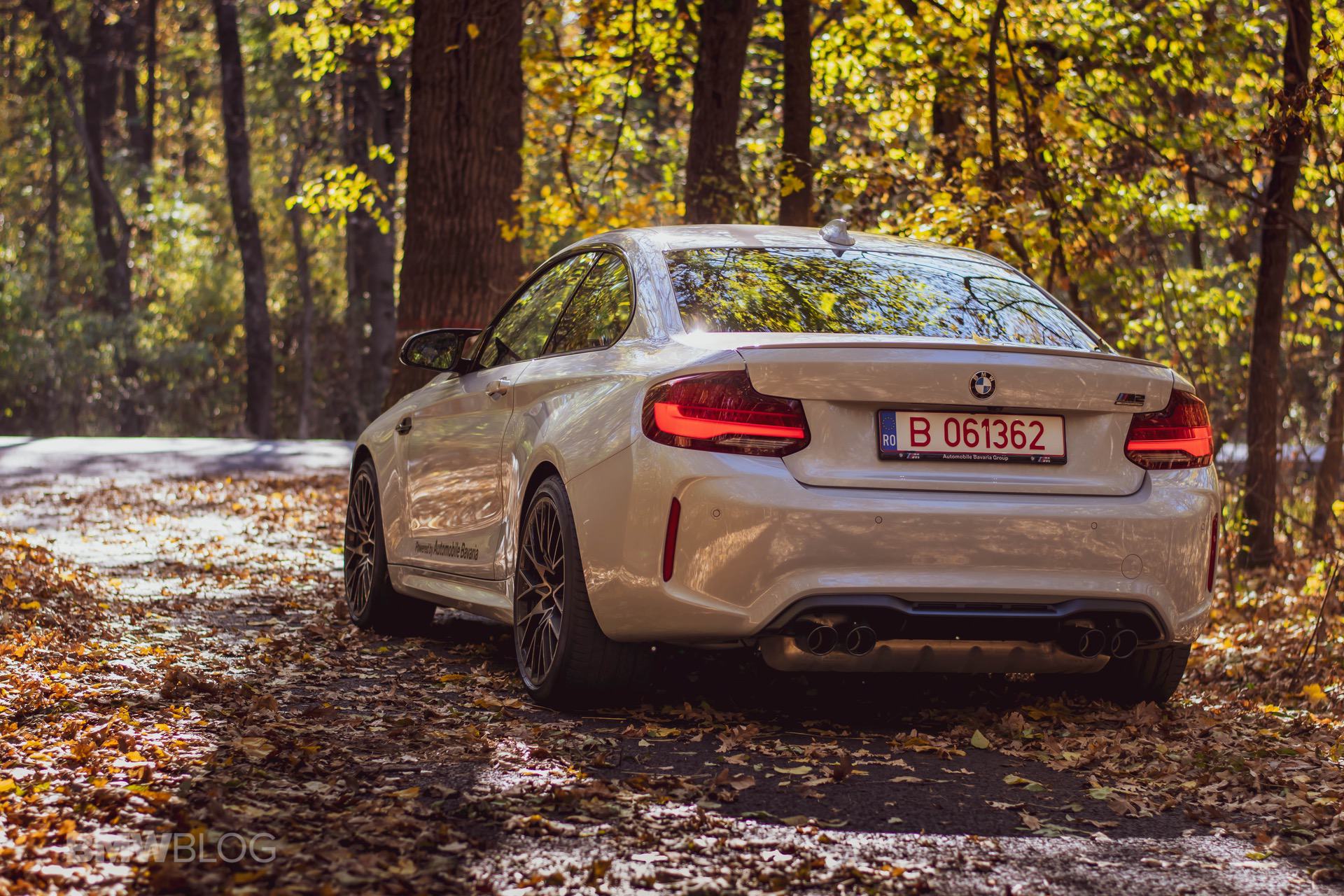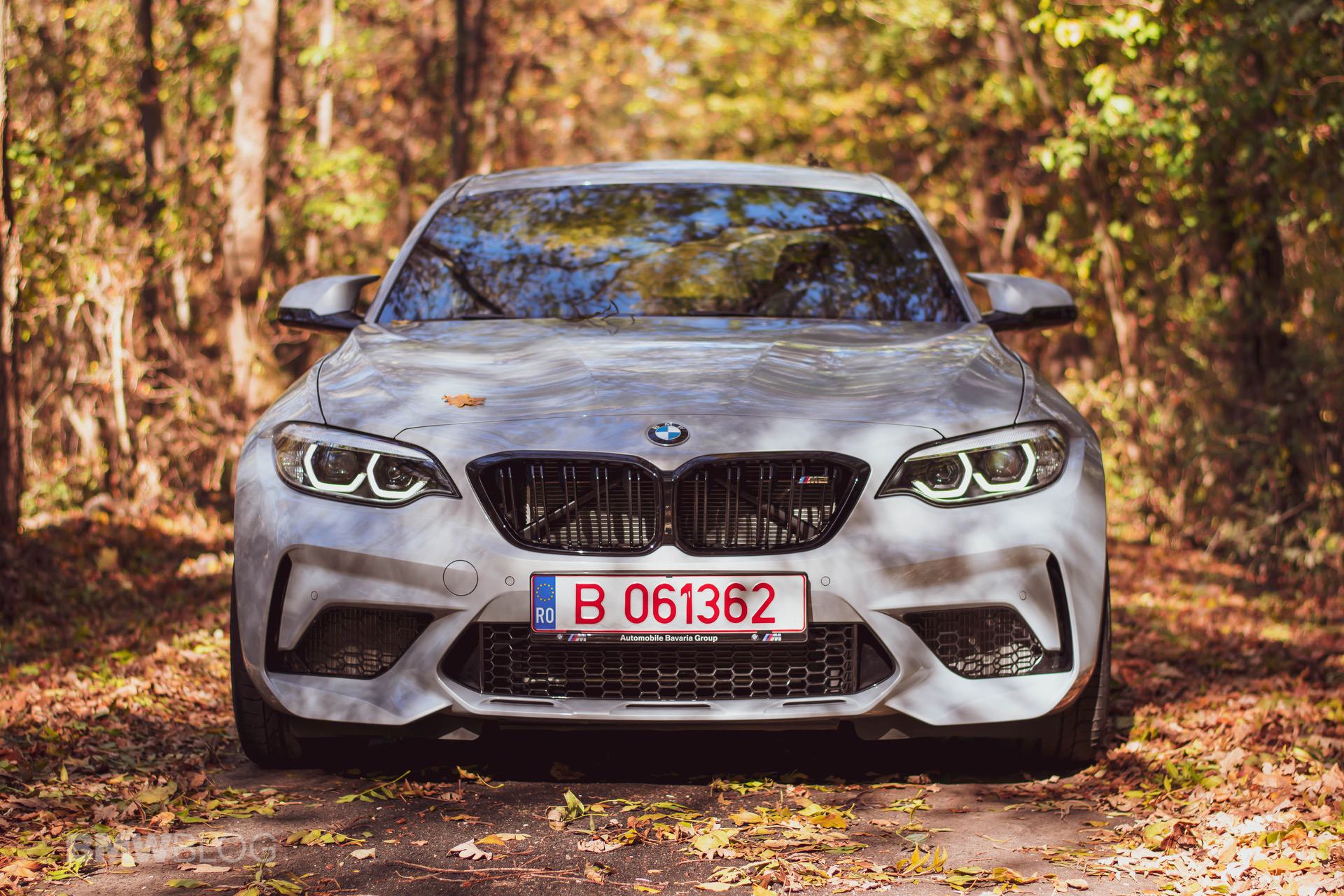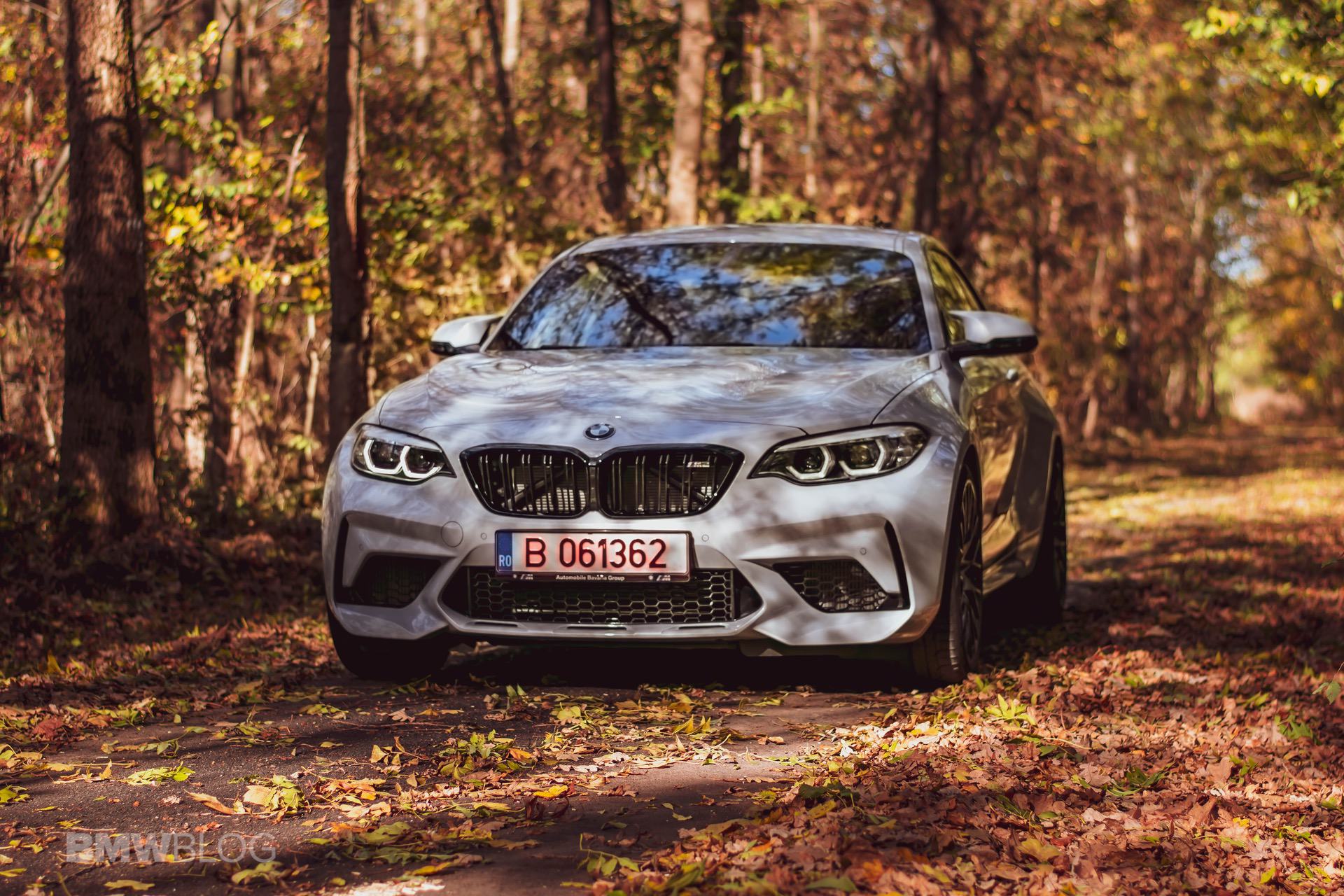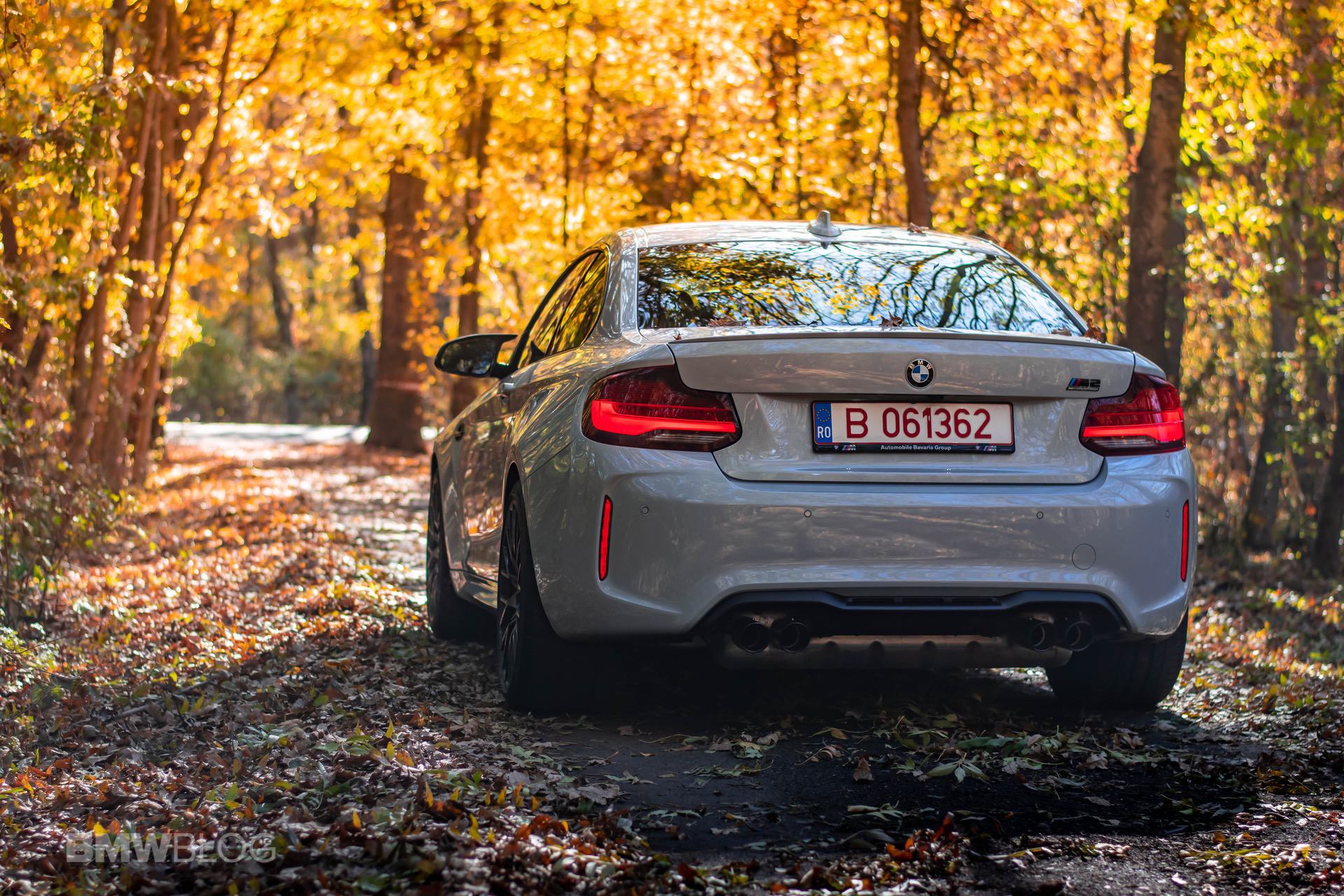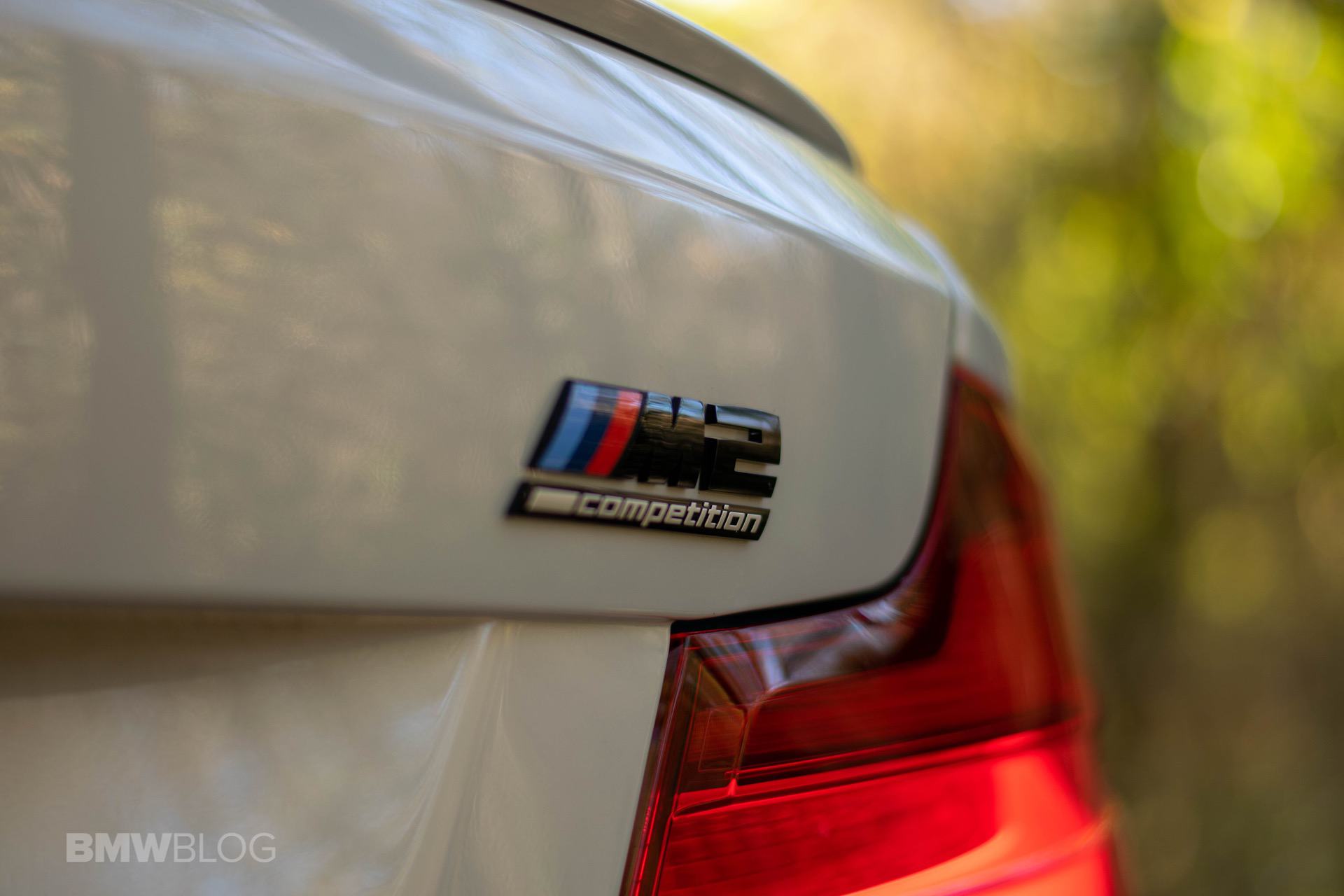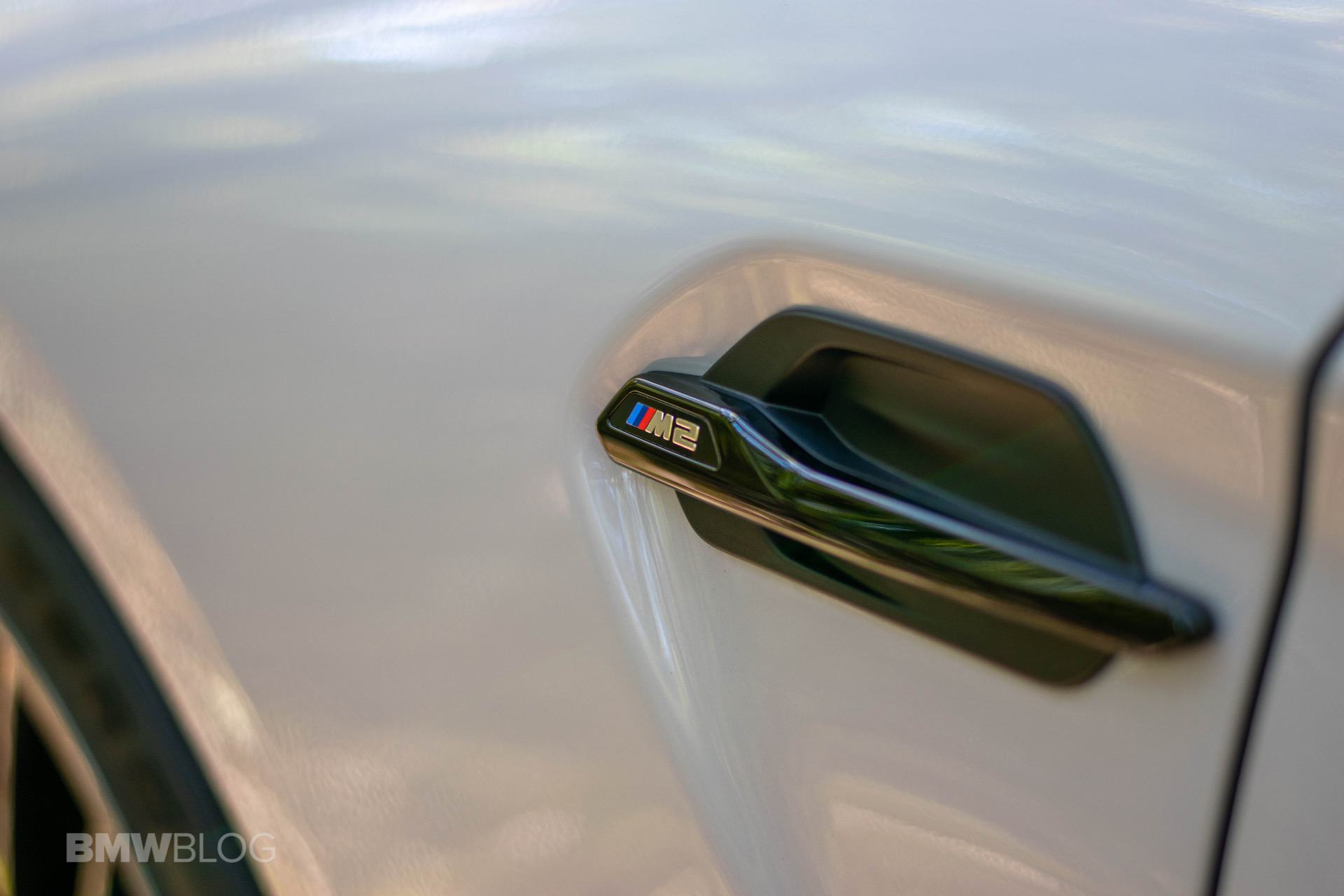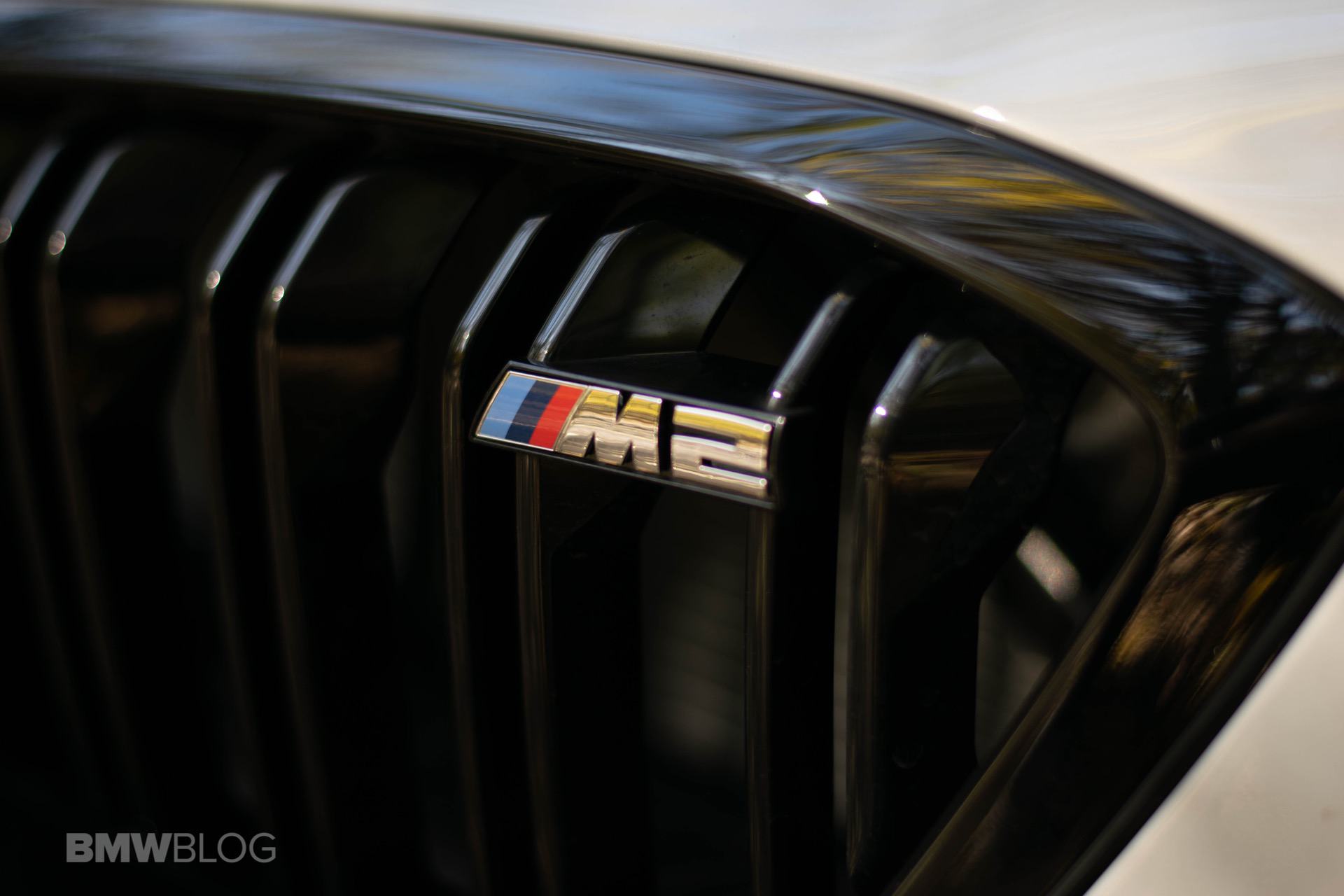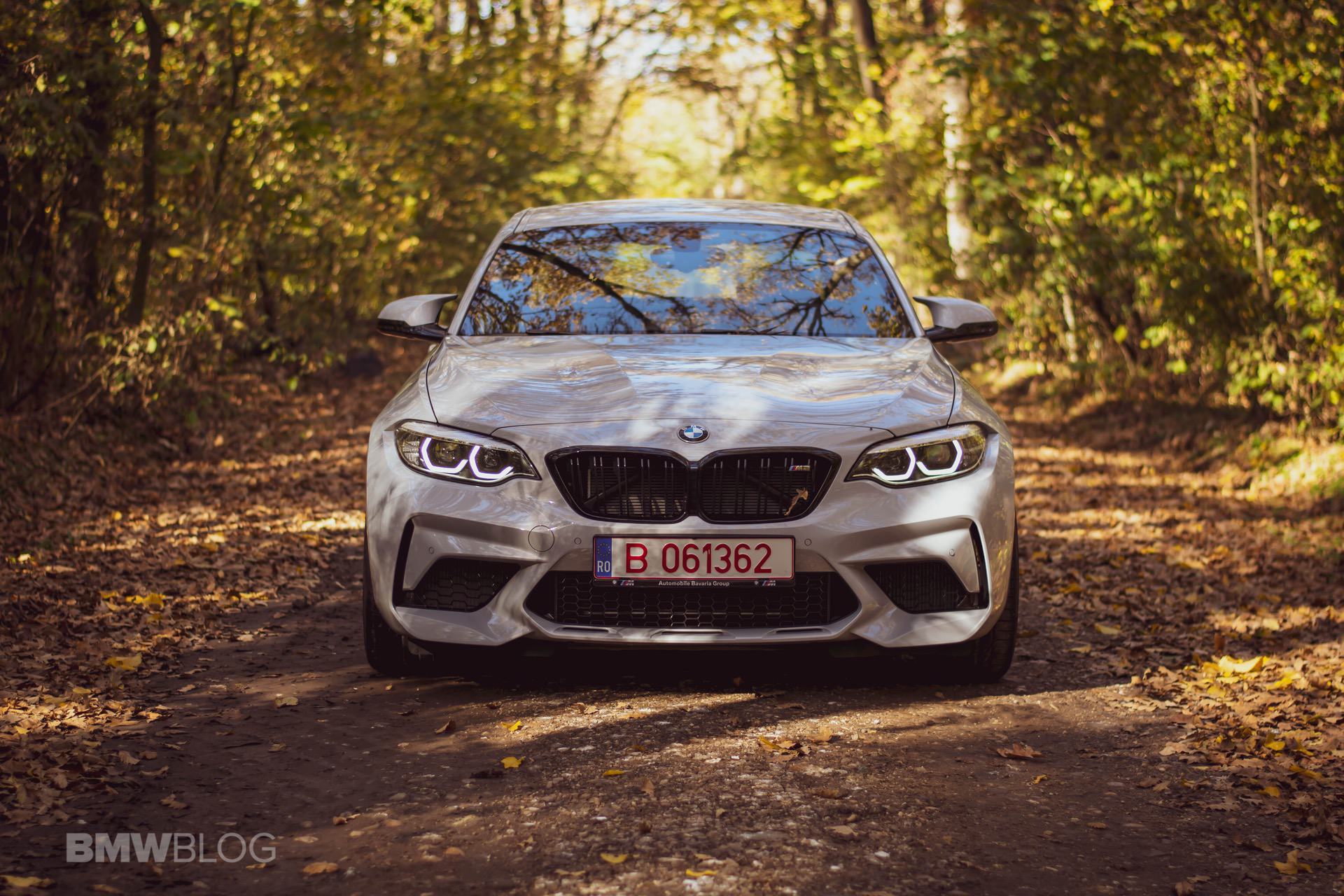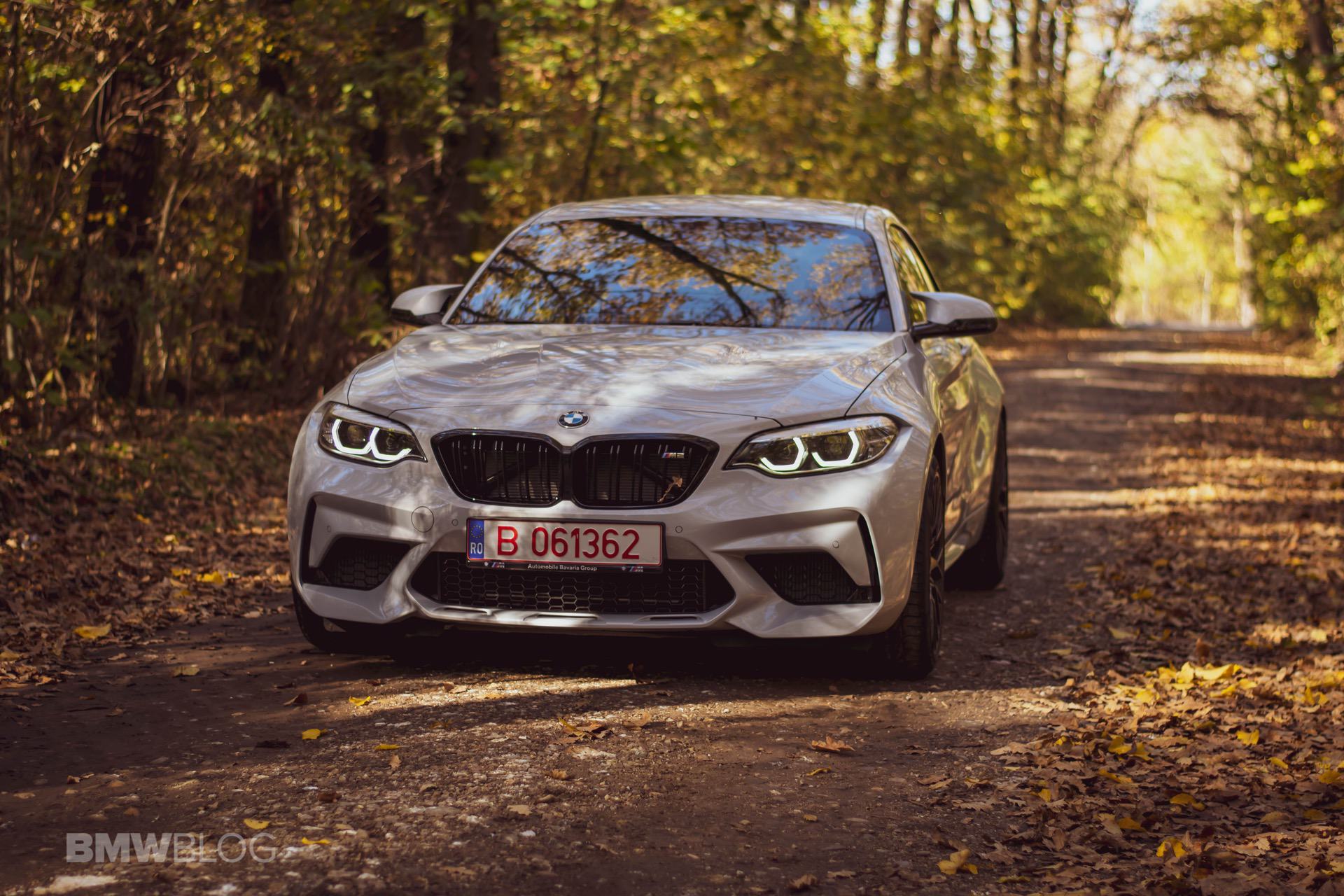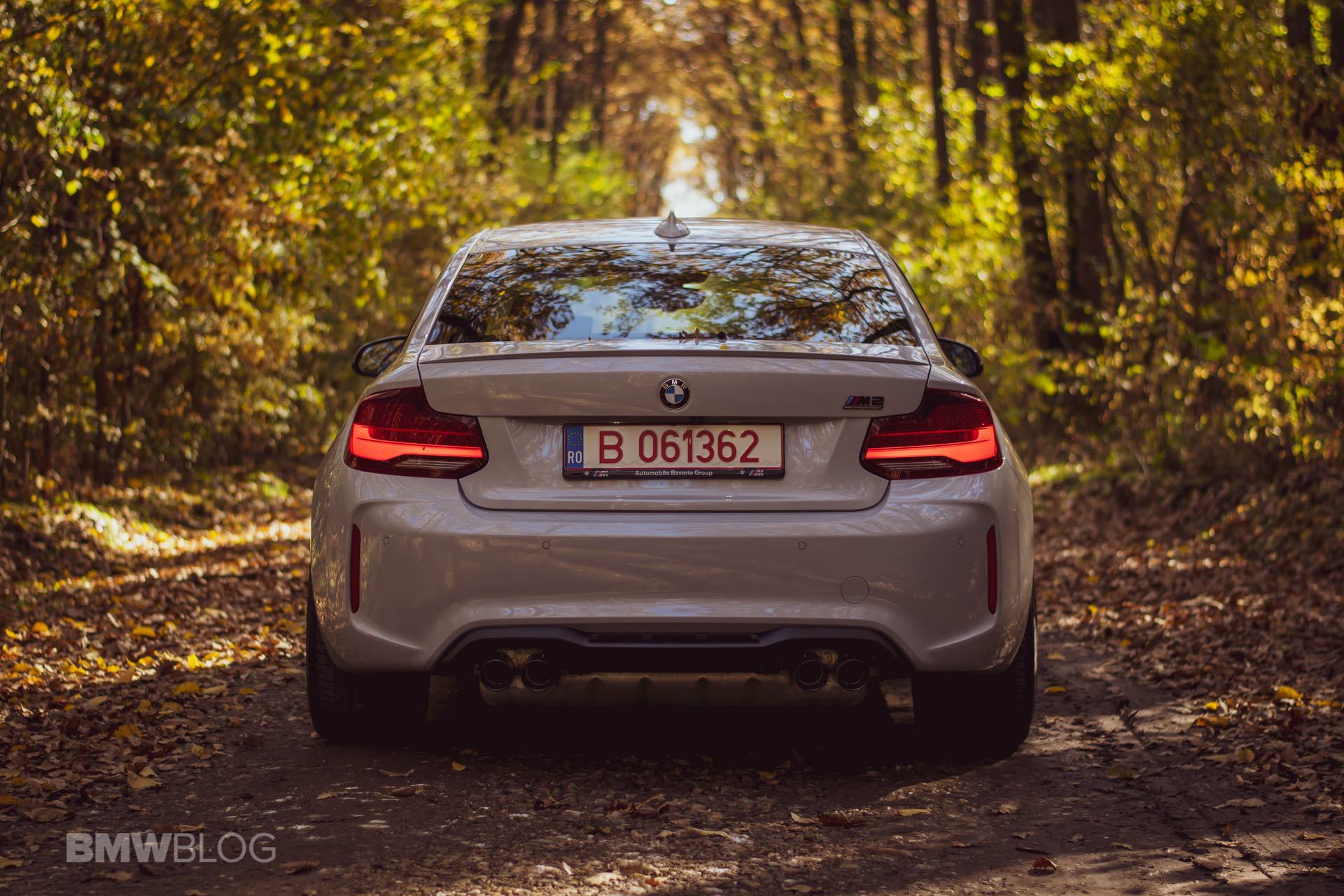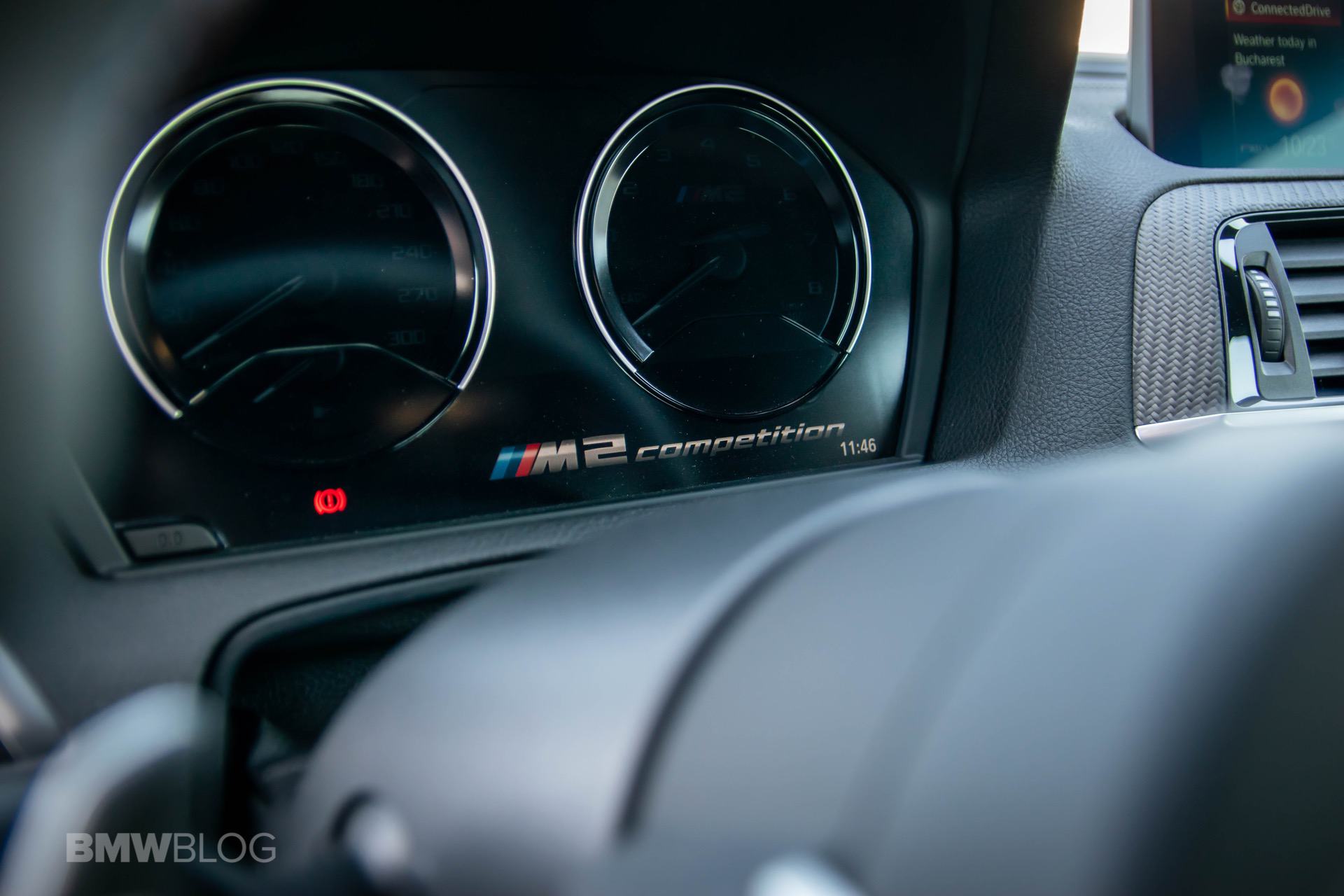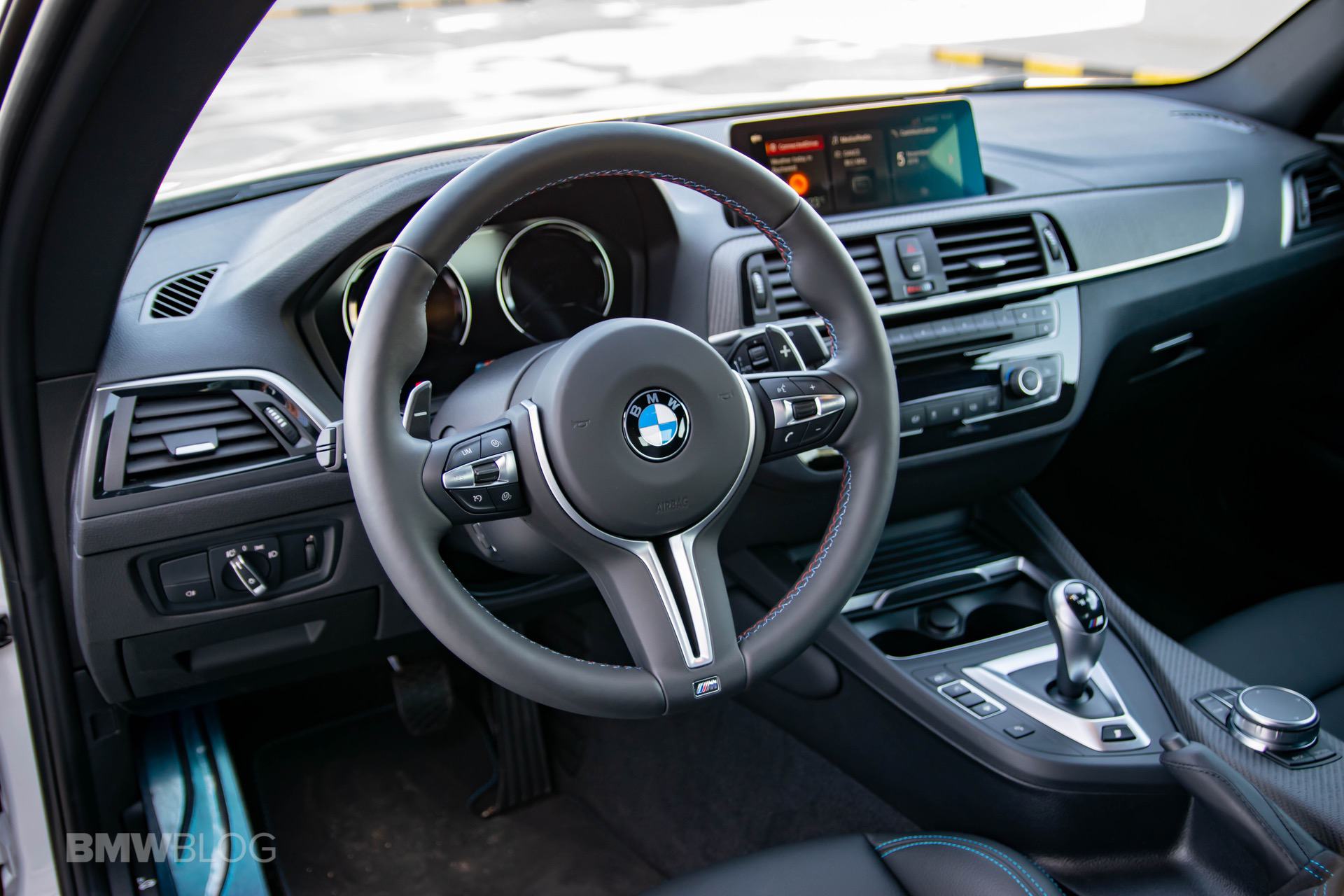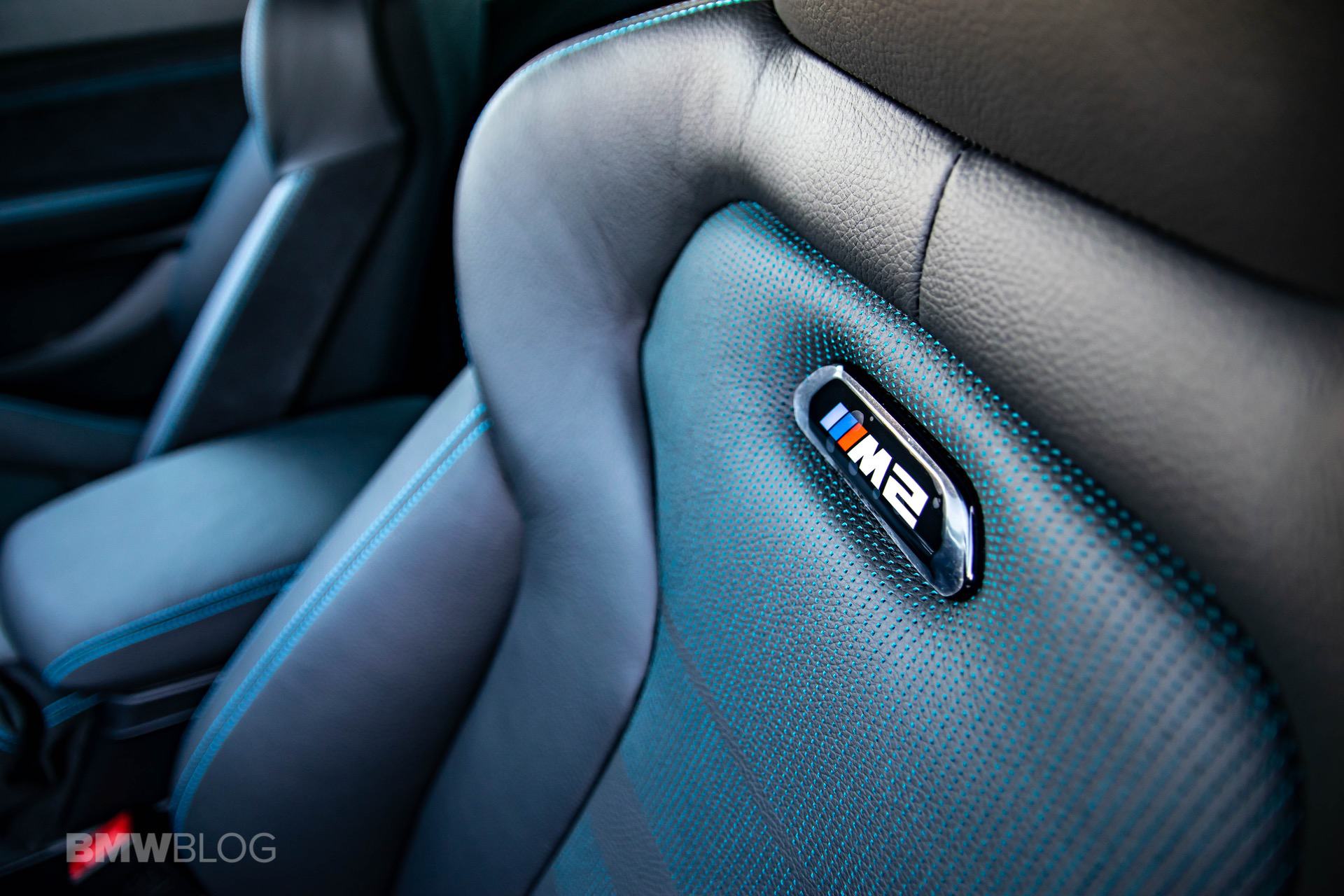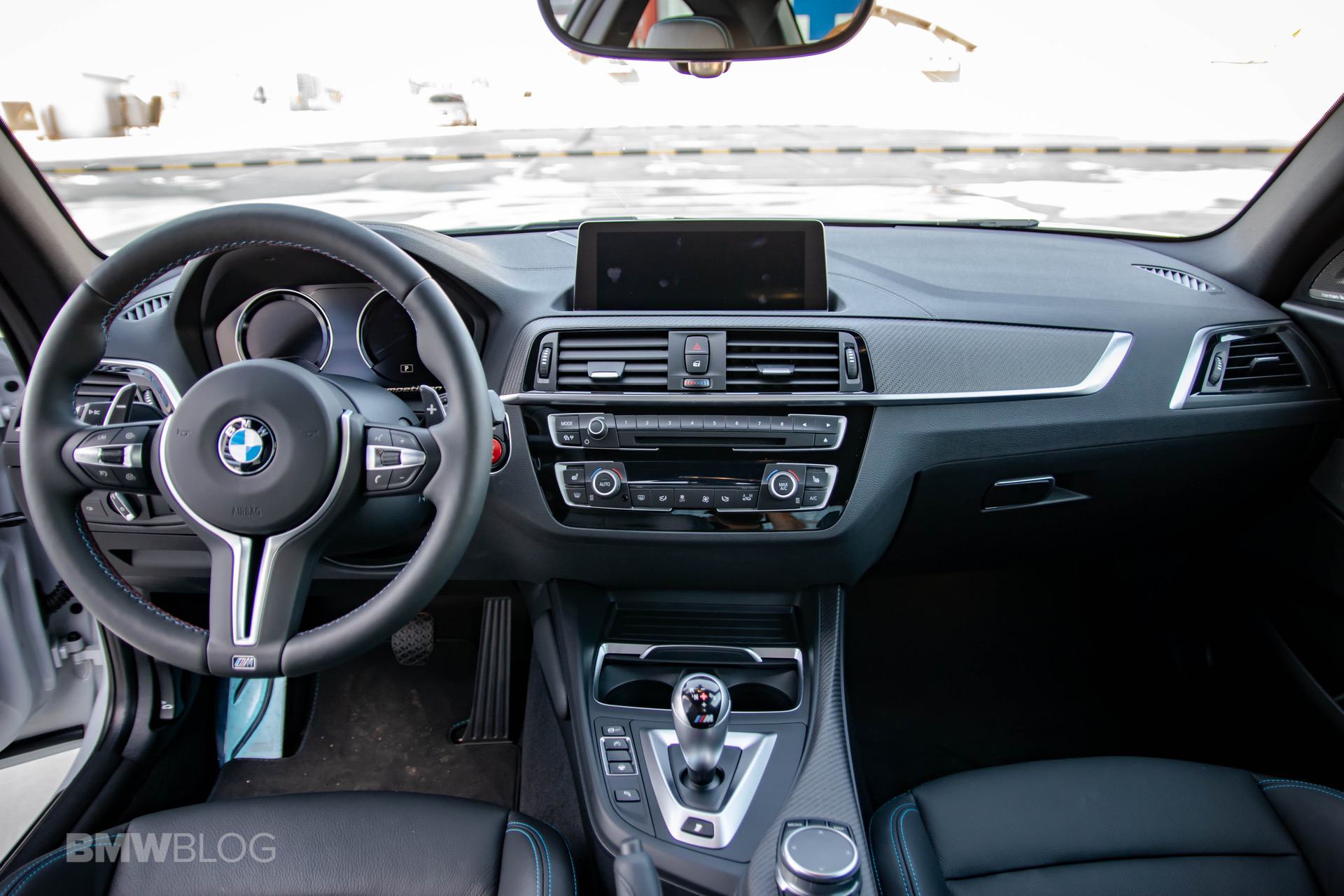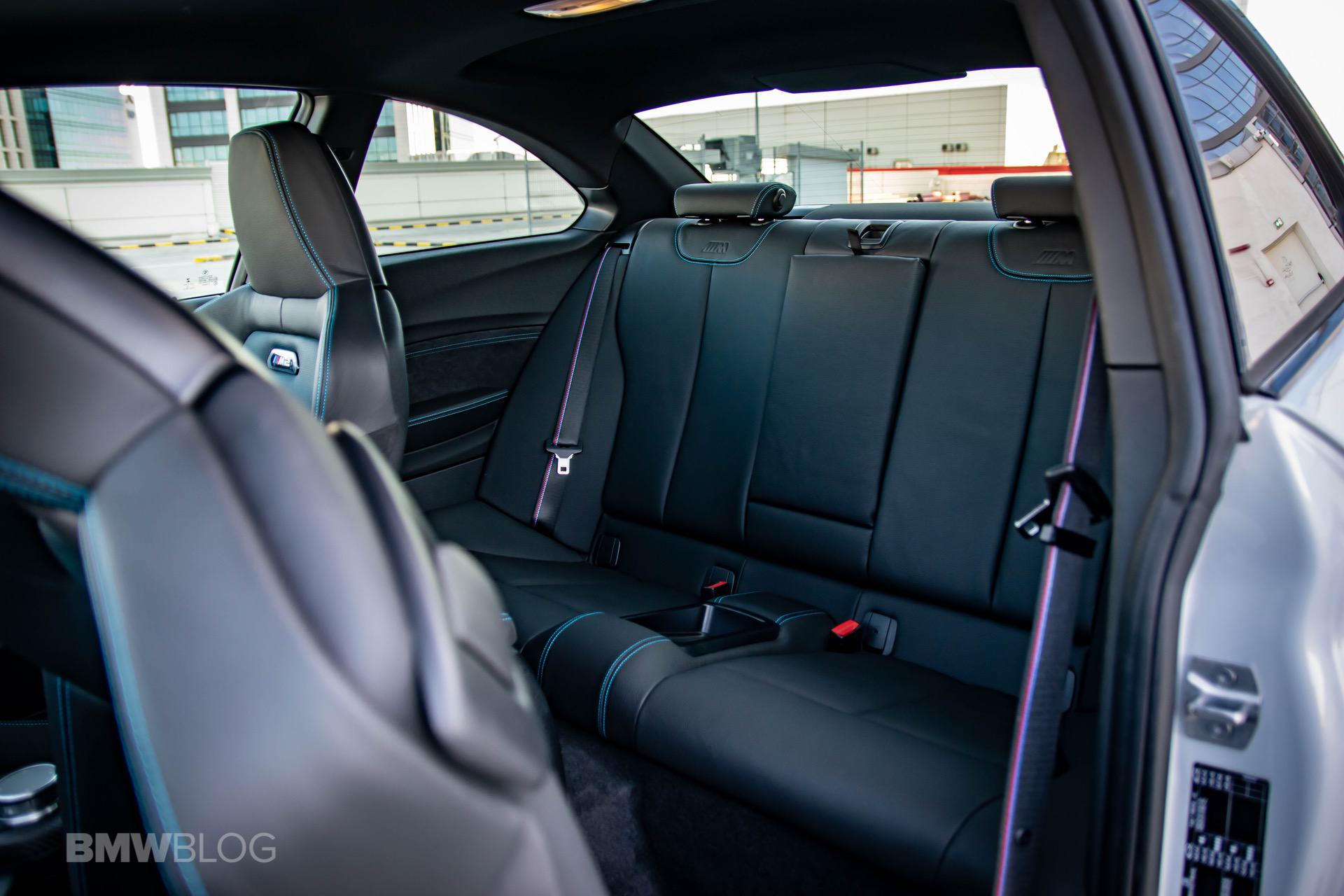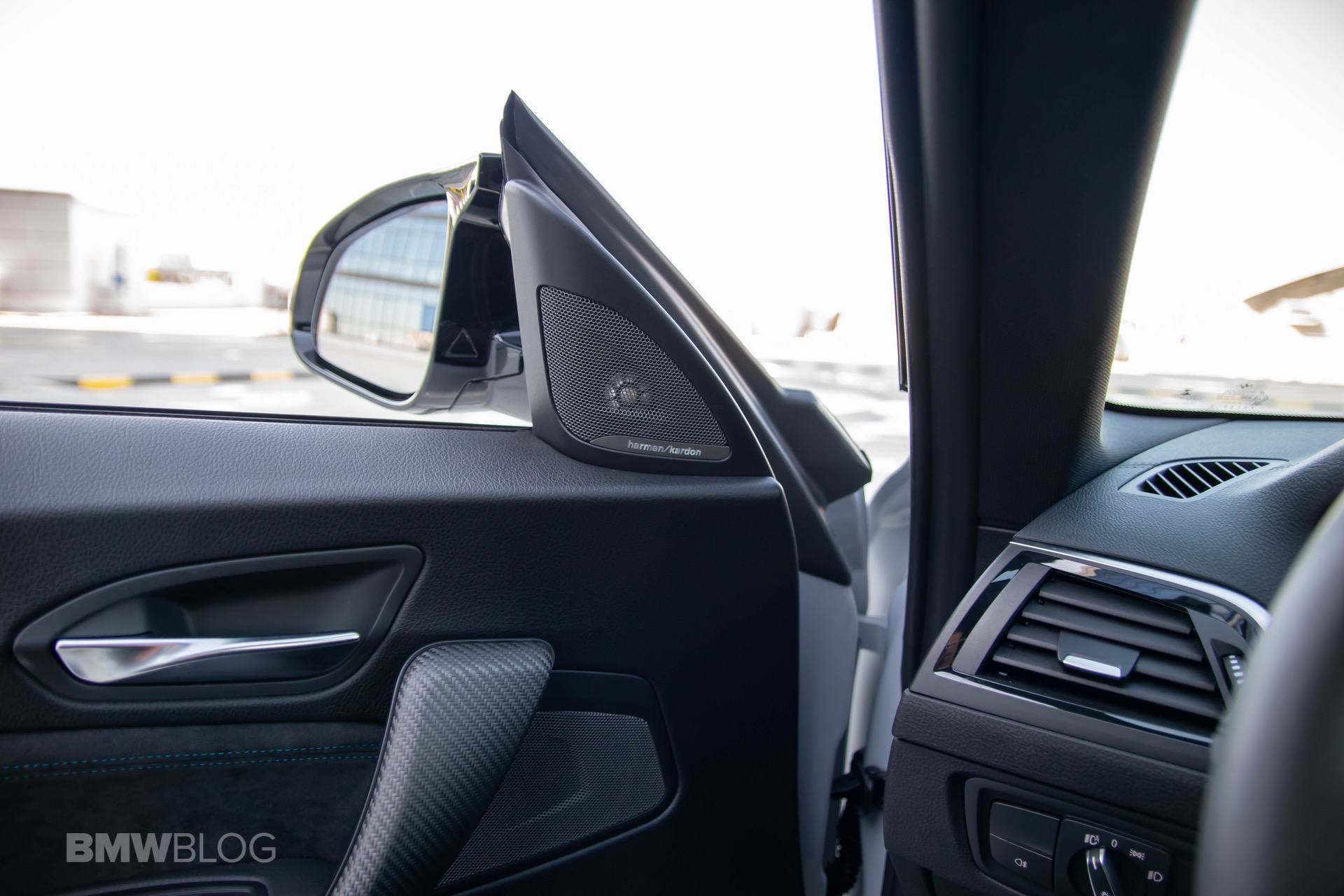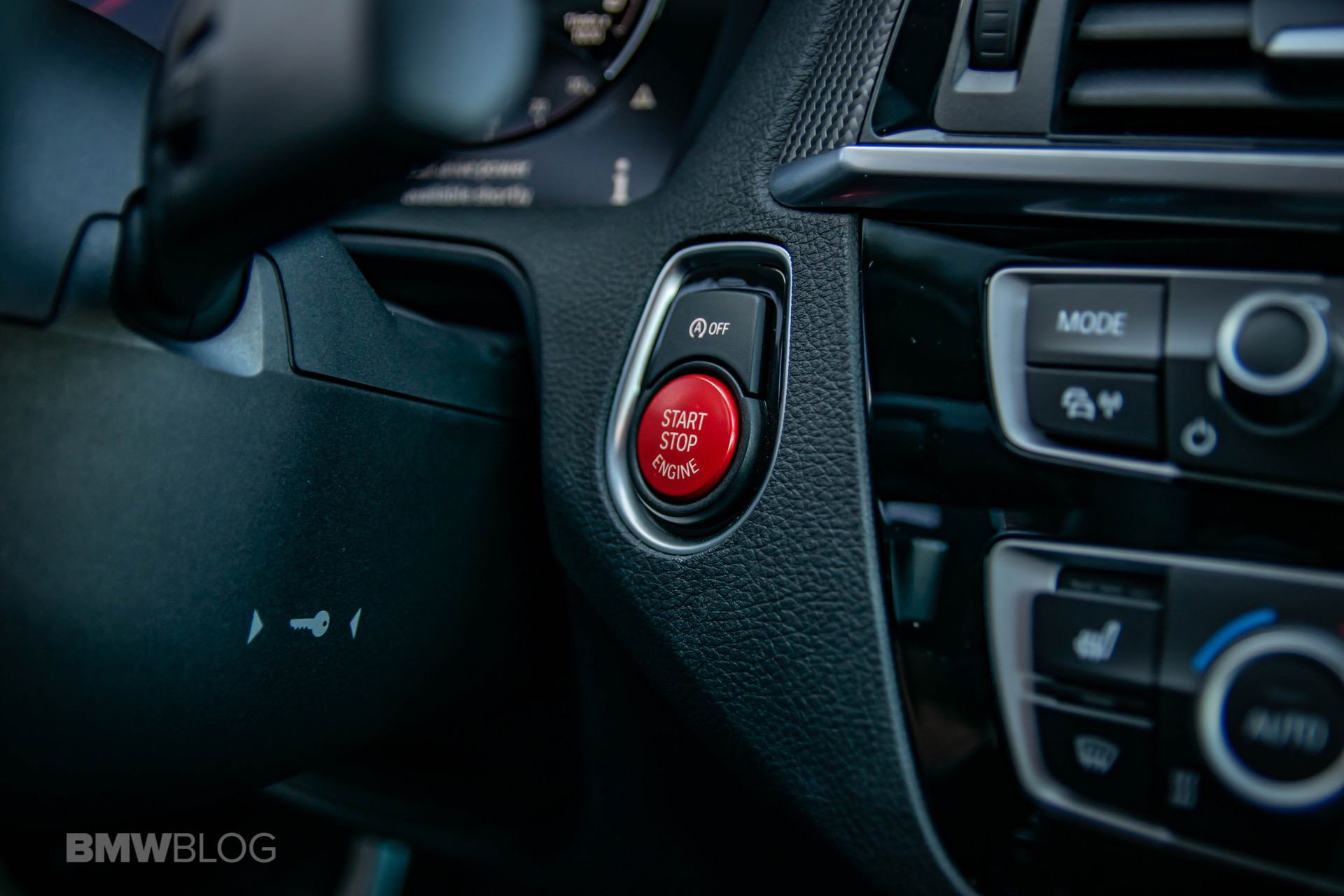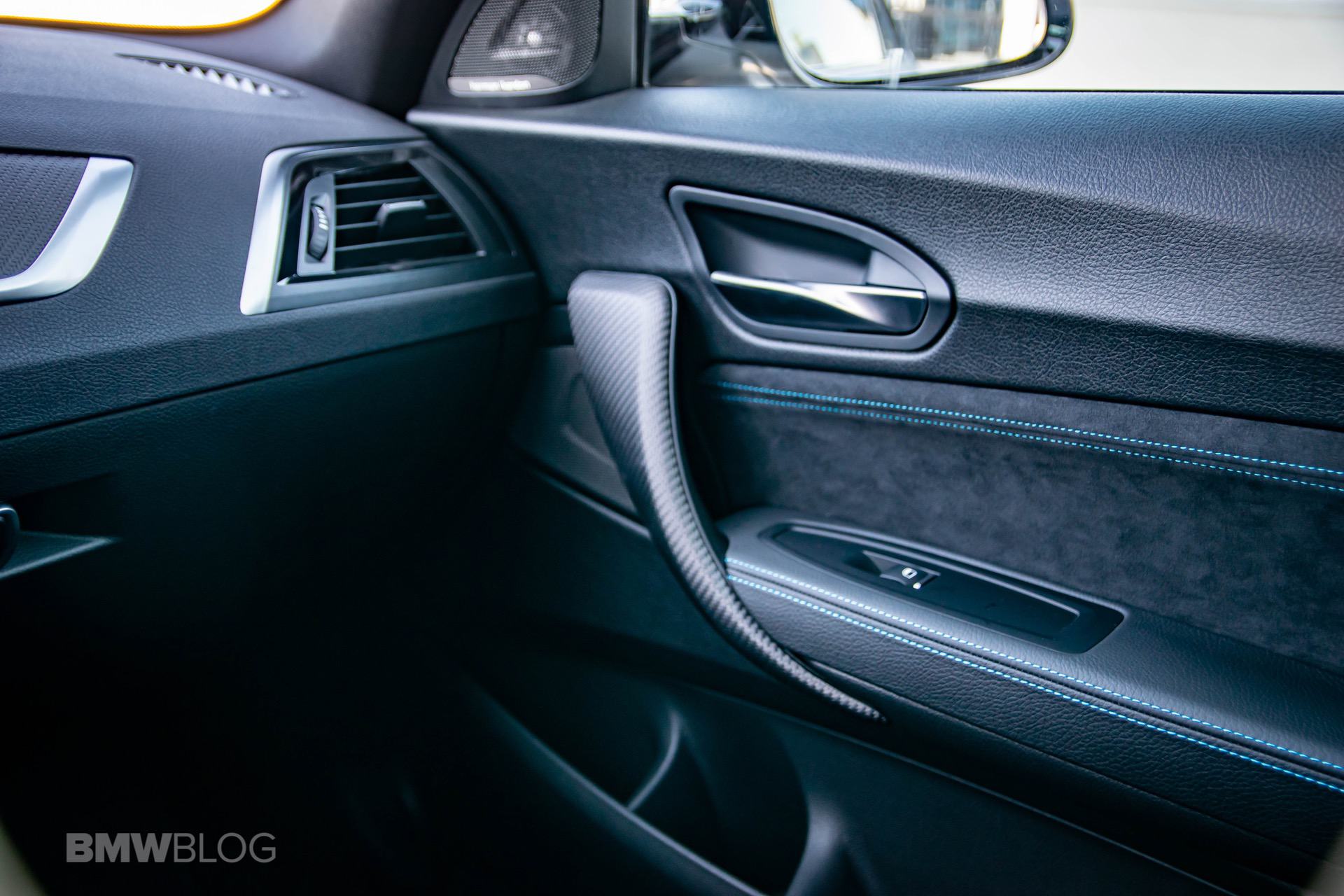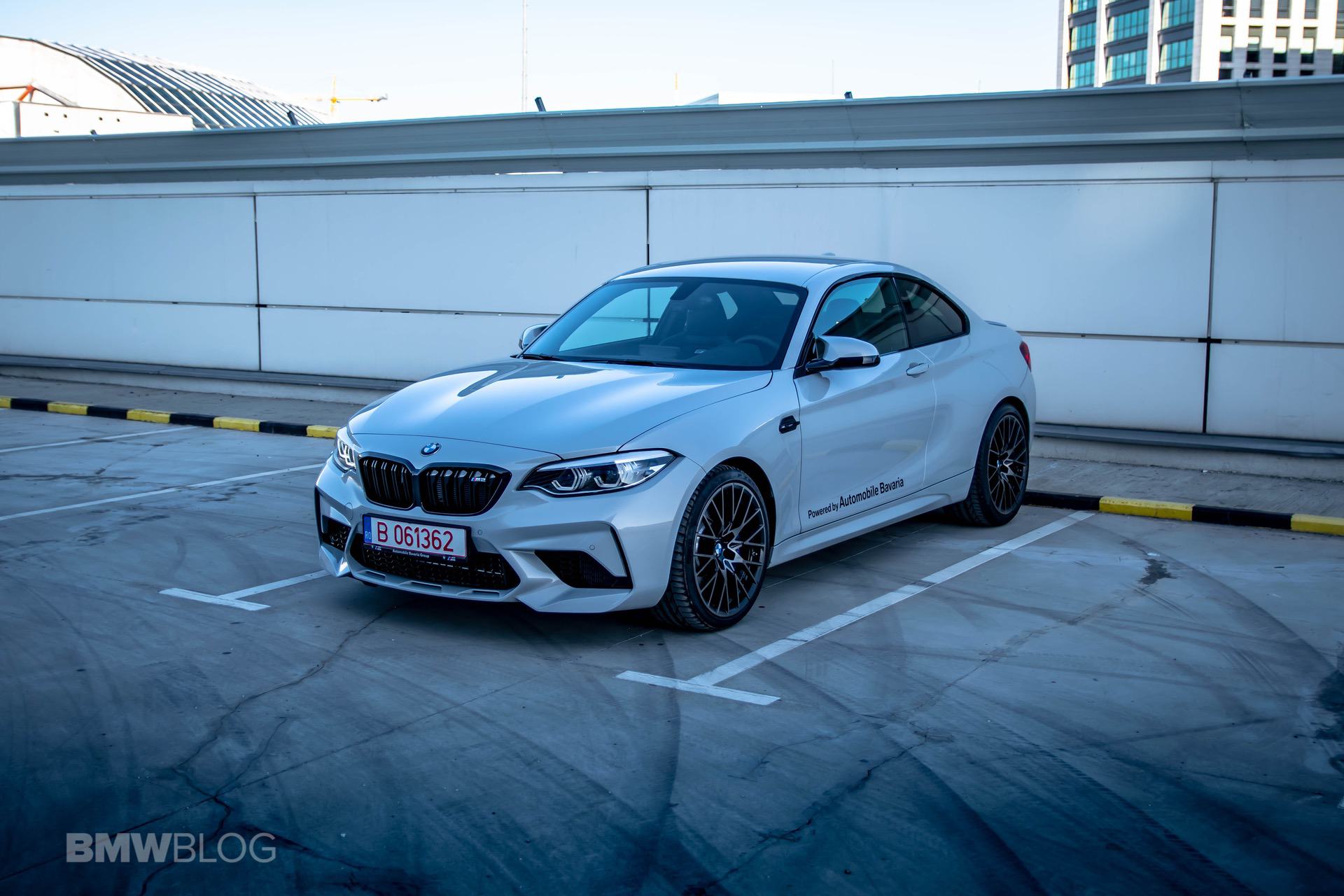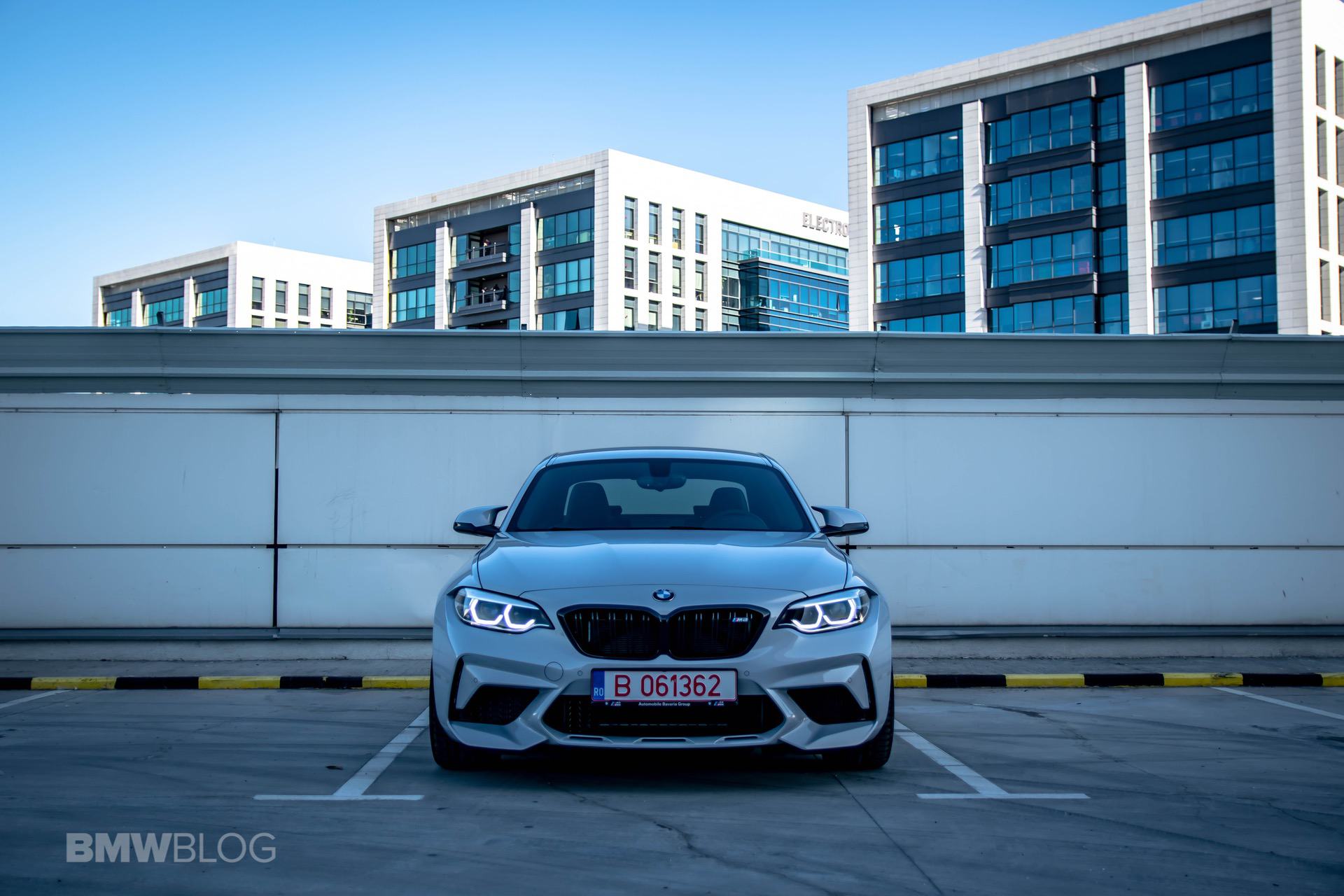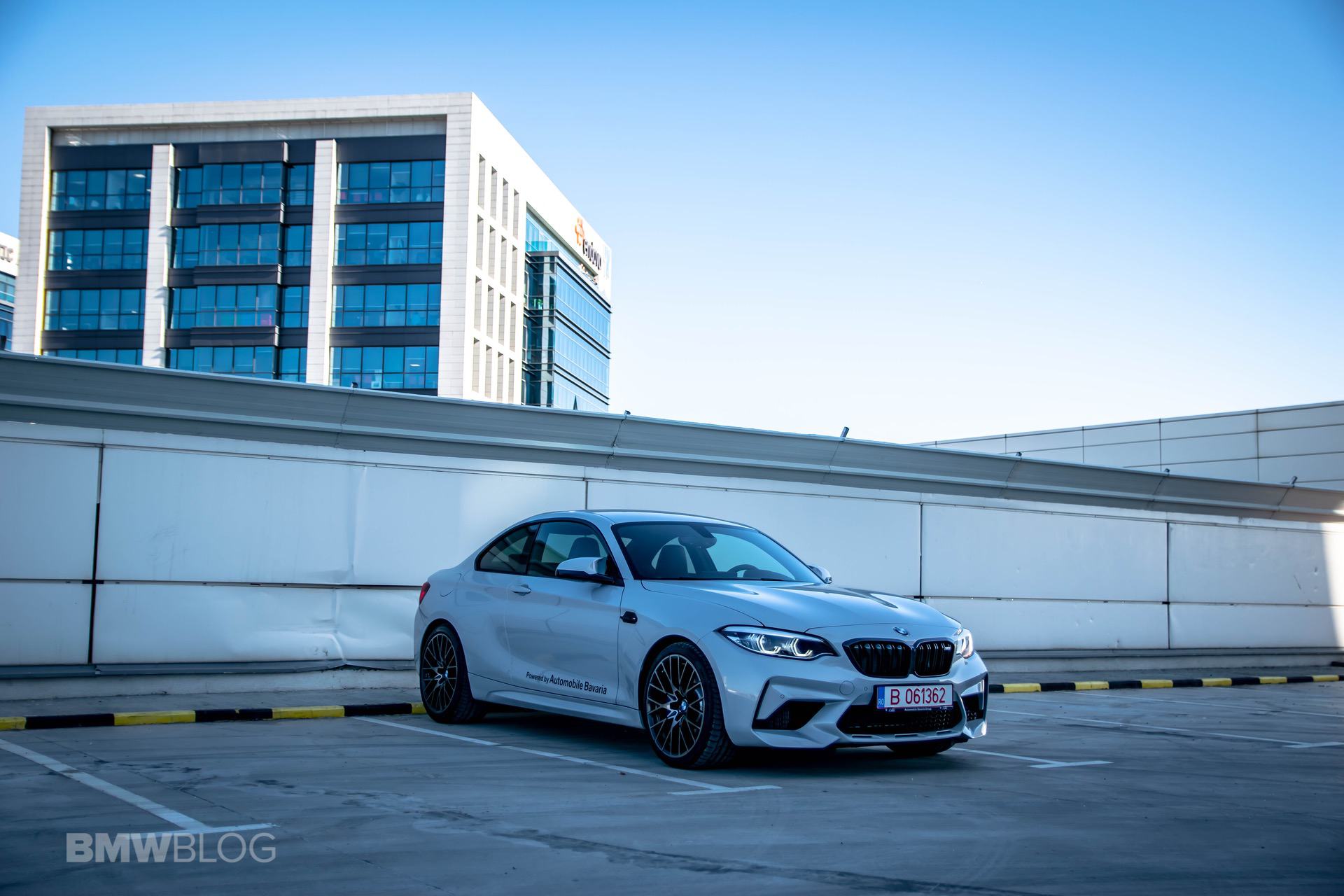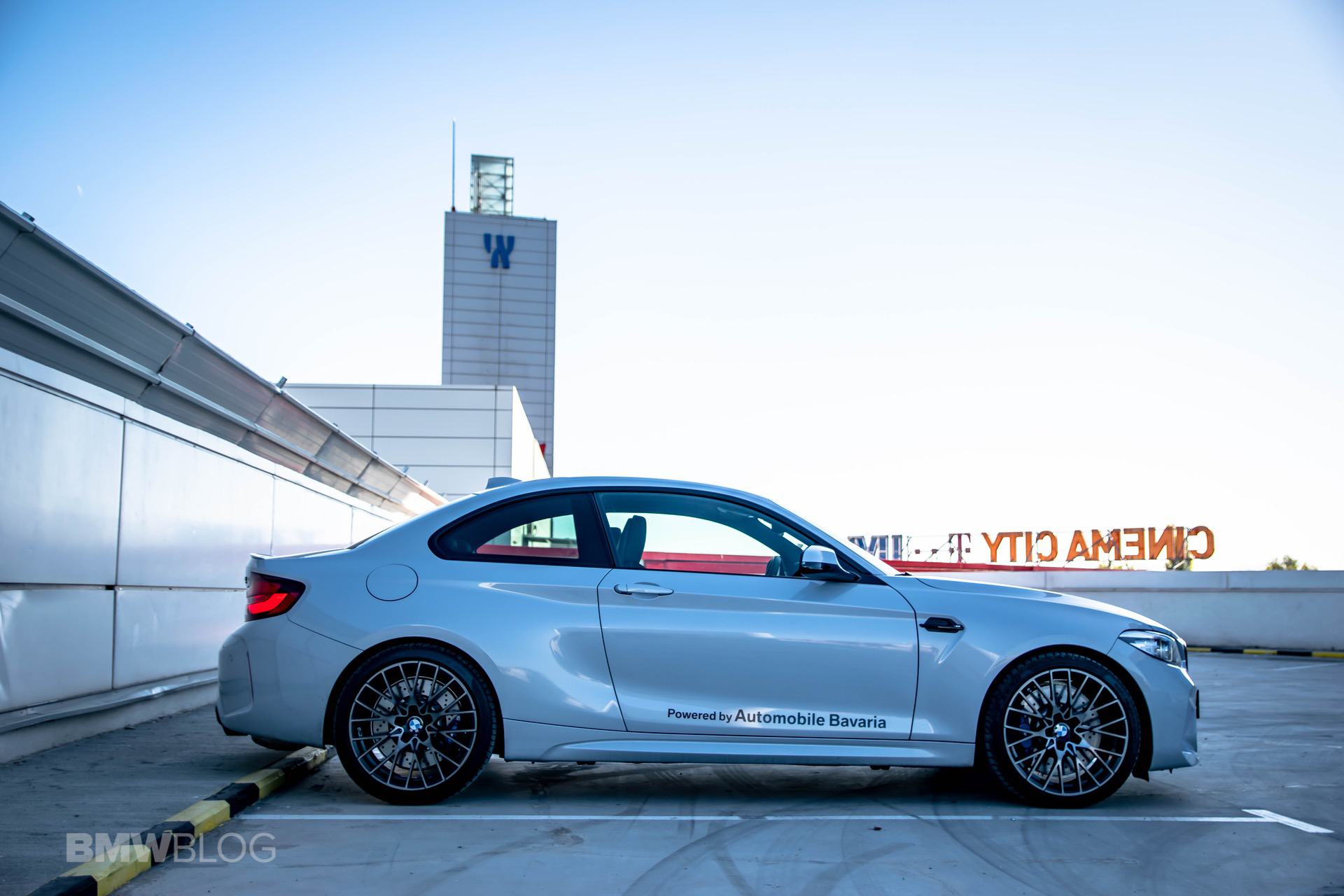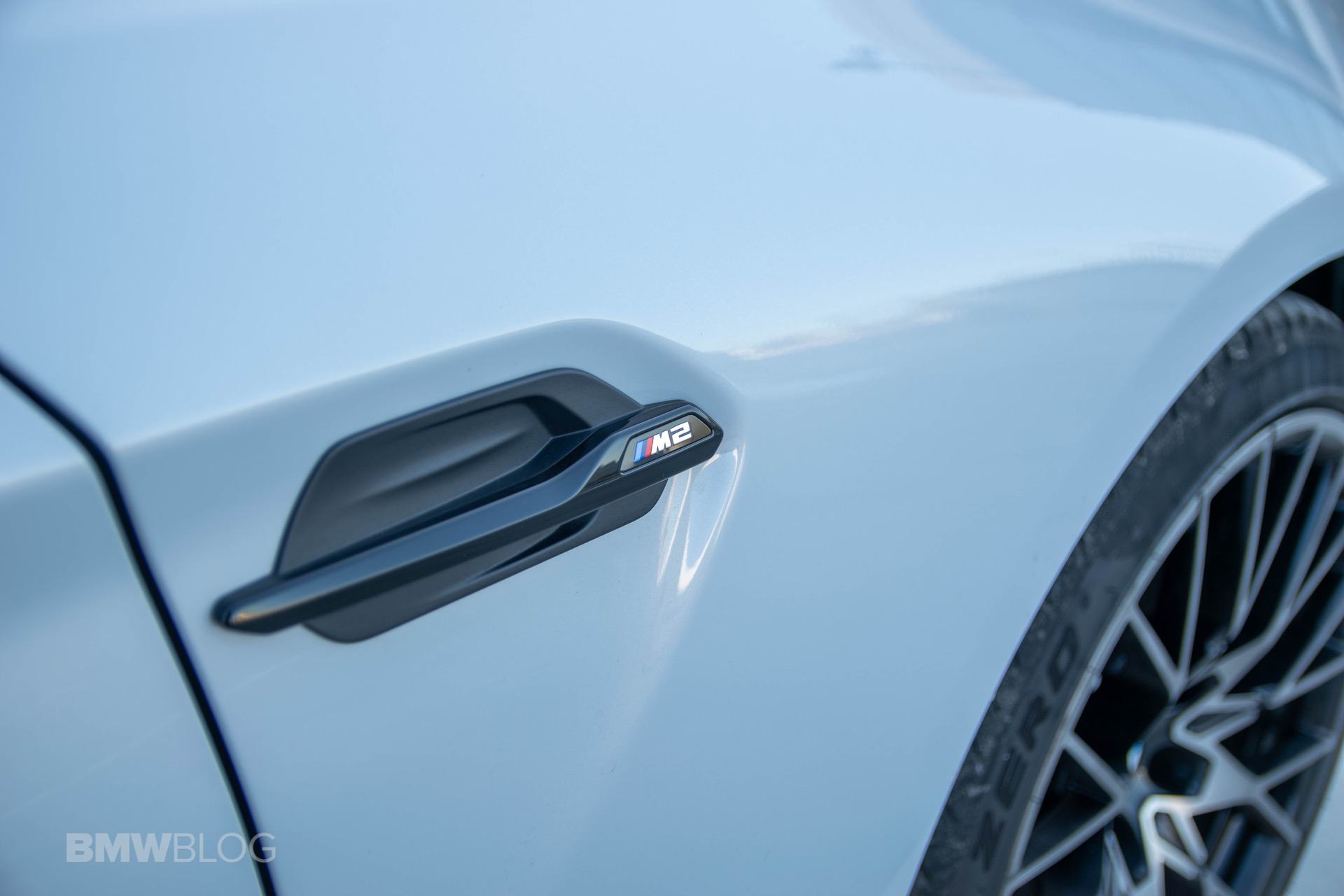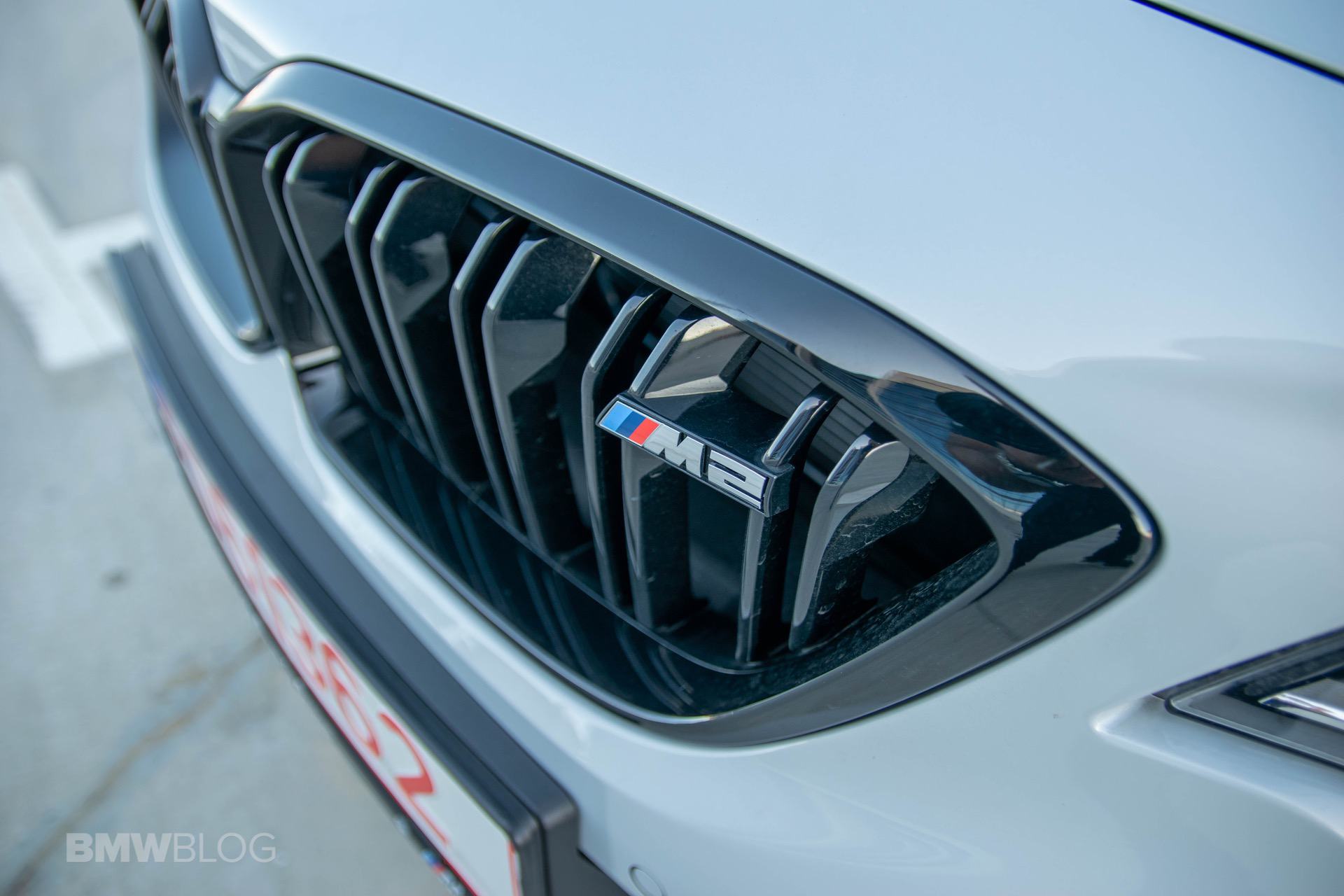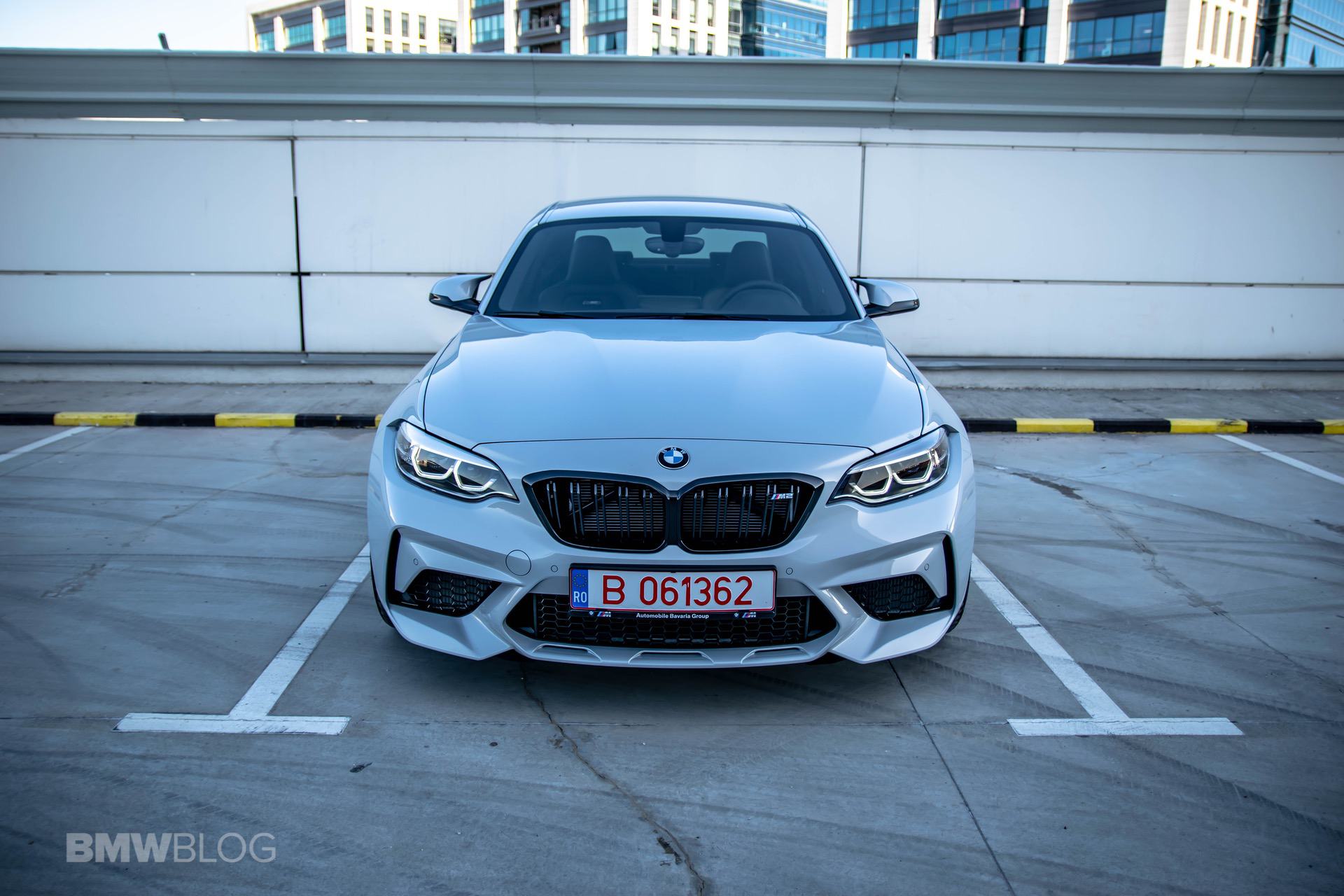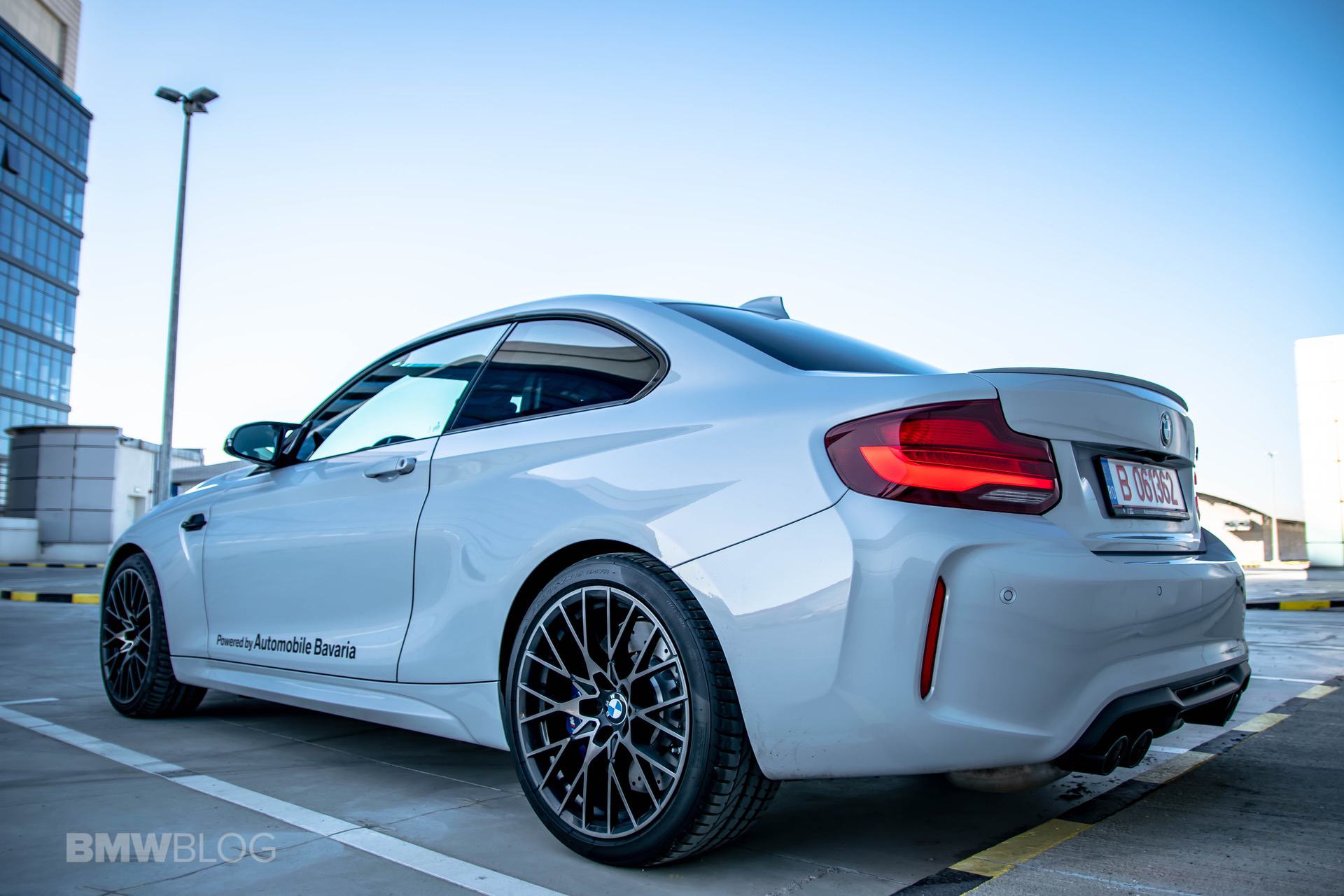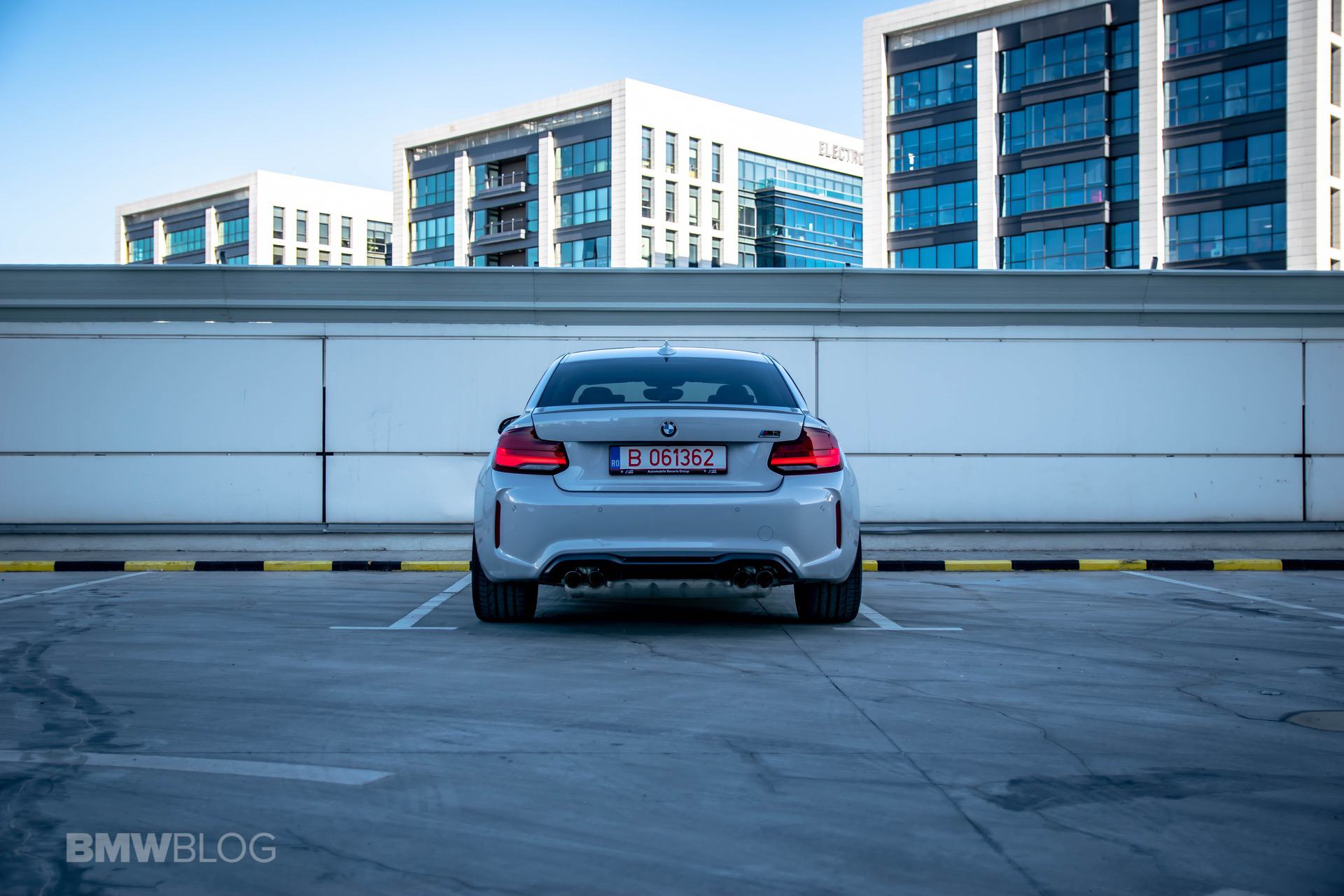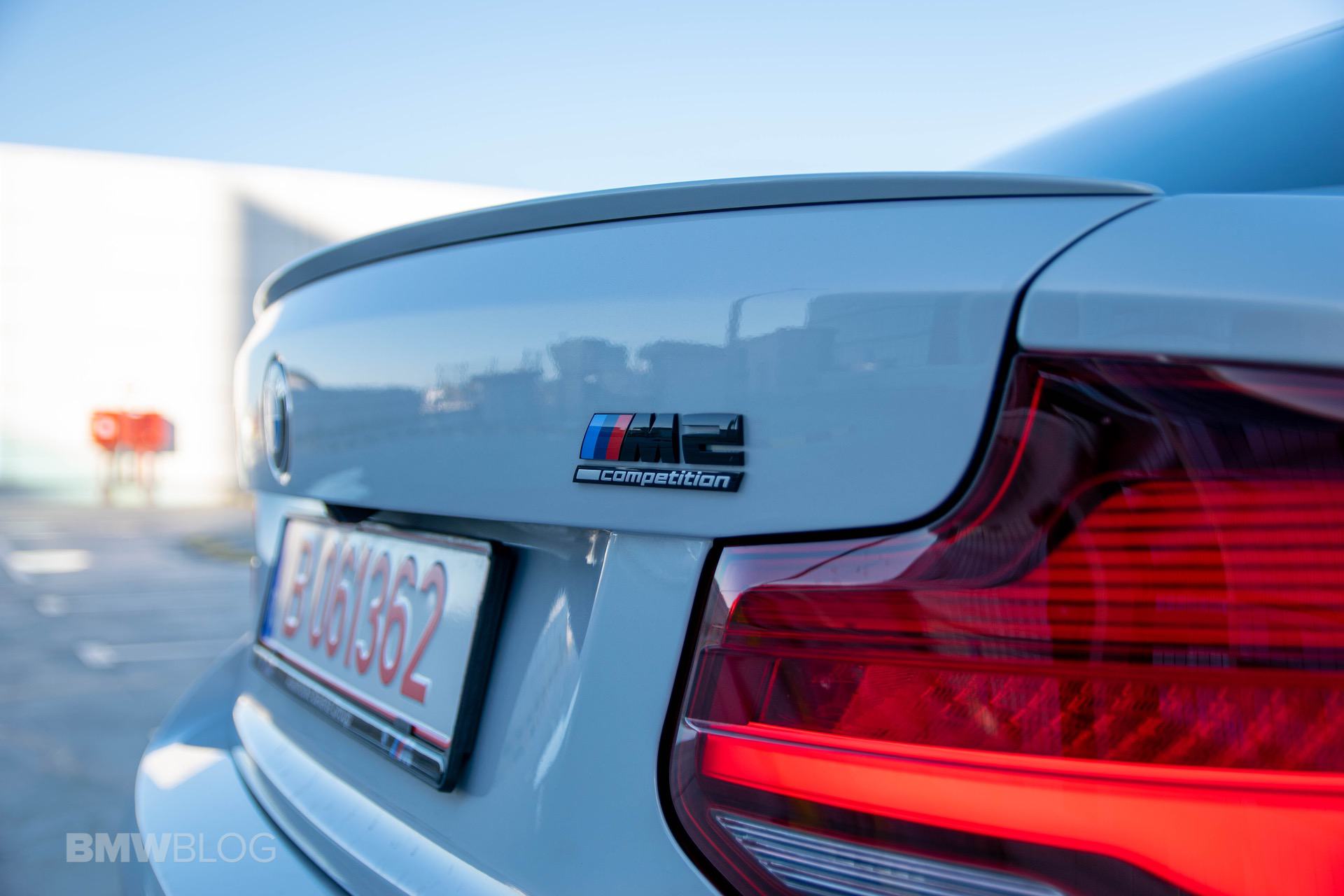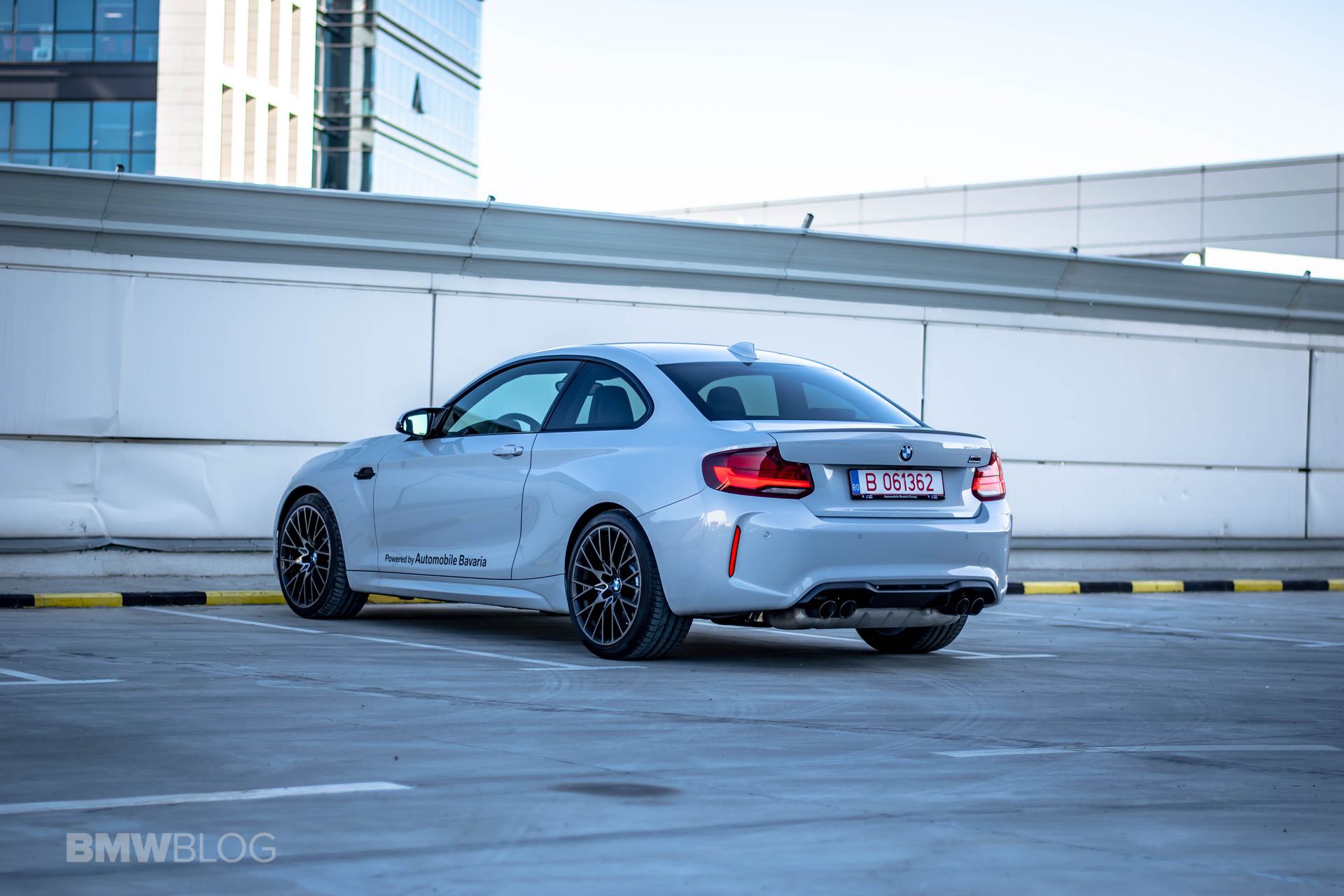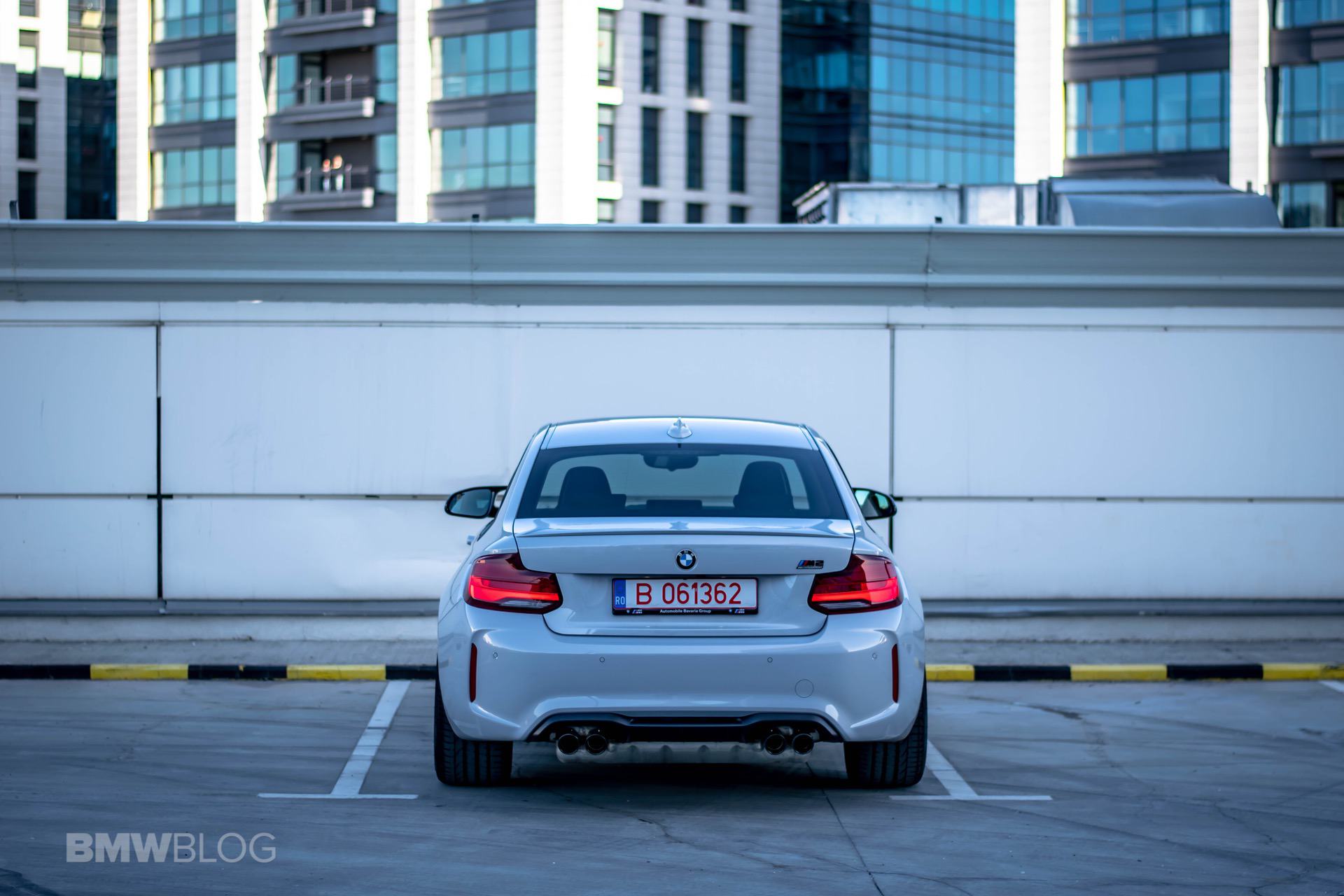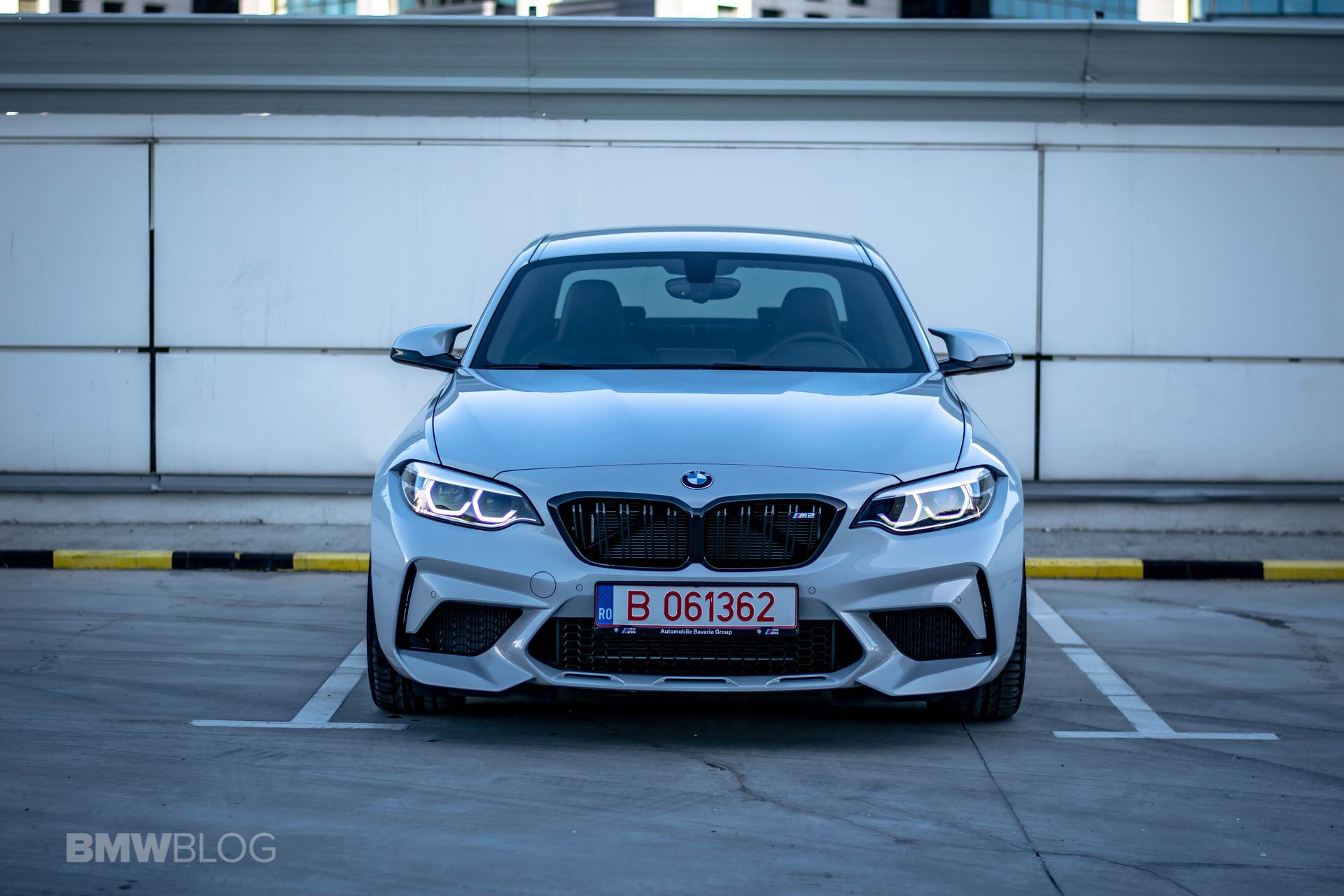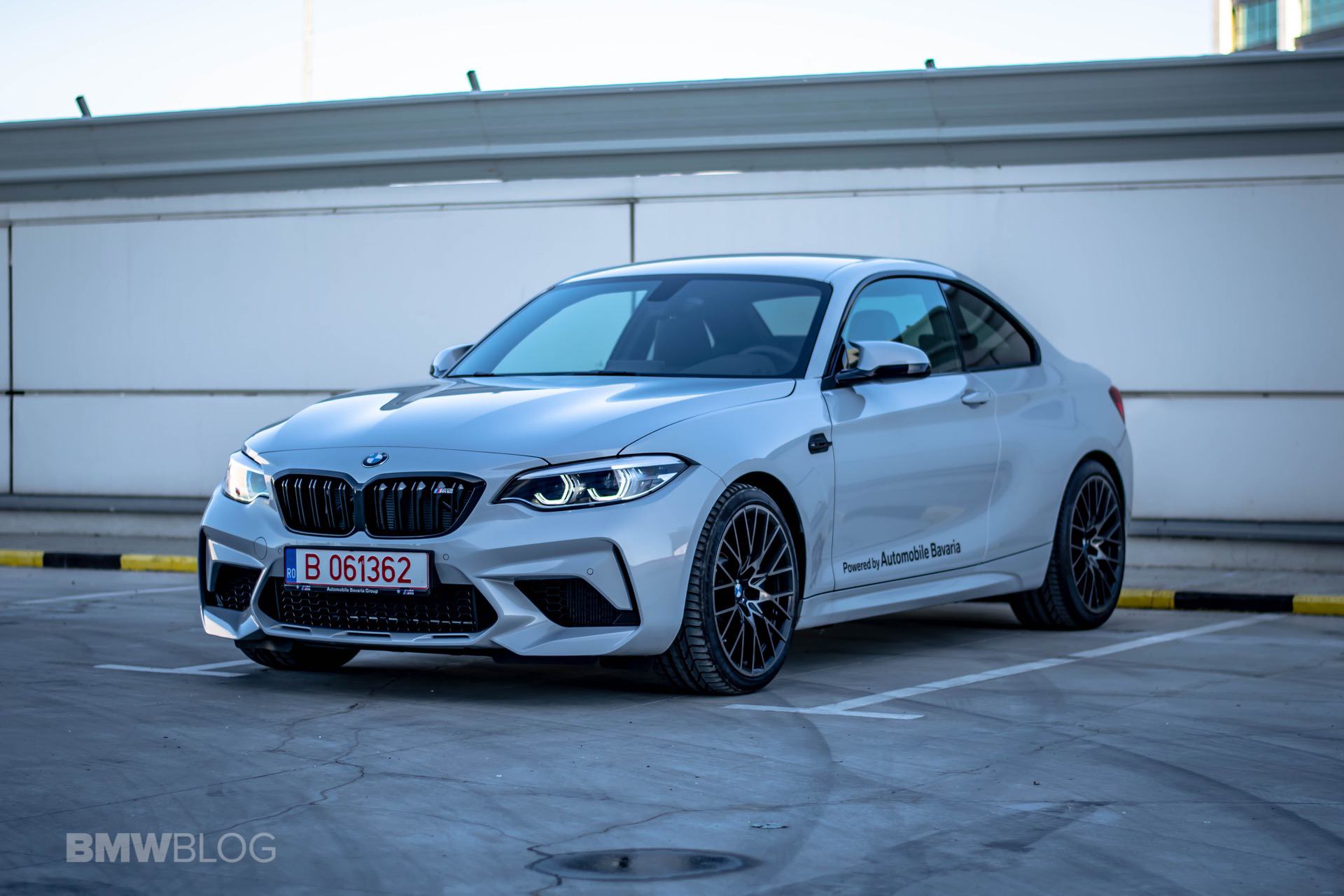It’s hard to live up to your former greatest creations if your name is BMW. Not because you couldn’t do it again but because for some, older cars are just better by any metric you could imagine. No matter what you do, once you created such a brilliant car like the BMW E46 M3 CSL, the world will never get over it. At some point you might get sick of hearing everyone comparing every car you launch to the pinnacle of BMW M greatness, but that’s just life. It’s better to have had such levels of greatness and continue to strive reaching them again than the other way around. That’s probably why the BMW M2 Competition is and has been so loved from the day it was announced.
How The BMW M2 Came To Life
I still remember the first time I saw a prototype out testing on the Nurburgring. The car wasn’t even out yet and all we knew about it were rumors, but it didn’t matter. The moment people saw the 2 Series body widened like never before doing rounds on the Ring, everything changed.
Quite understandably so too because before the original M2 came out, BMW showed us that they didn’t lose their hand in making small, compact Coupes with a straight six and rear-wheel drive. Cue in the BMW 1M Coupe. Call it a prelude if you will, but the limited-production 1M Coupe blew a lot of people away and that car is still regarded as one of the best ever to come out of the M division’s HQ.
Then came the 2 Series. Yet again, this was an extremely popular car in all corners of the world. In M235i and then M240i guise, it became an instant best-seller. For obvious reasons. It had something no other car in the segment had: a straight six and RWD. If you look at its size too, you’ll soon understand is nearly as big as the E46, so people could buy what was basically a modern-day 3er Coupe from the beginning of this century. This was time traveling. The BMW M235i and M240i models were so good, they even became the highest-rated cars ever tested by the guys at Consumer Reports and managed to beat Tesla in the process.
The Original BMW M2
Then it was time for the full-on M car to show up – The original M2. Yet, some people always find reasons to complain. Some said this wasn’t a true M car, just like they said about the 1M Coupe. The reason? Its shared parts with other cars. The biggest problem though was that old-school, die hard fanatics saw a couple of items missing on the M2 that weren’t missing on other M cars.
Unlike any other full-on M car in the range, the original M2 didn’t have M mirror covers, didn’t come with specific M seats and didn’t have an M-developed engine. That was the biggest issue they had with it, even though the upgraded N55 3-liter straight six under the hood performed great and was rehauled in the M headquarters. Even so, while some complained about all these issues, the M2 started selling like hot cakes because it was simply a great driver’s car.
It was agile, plenty fast and, most of all, analogue, something you rarely get to experience on modern-day cars. Considering all those factors together, few actually saw the need of an even more powerful and more poised M2. However, as fate would have it, BMW was forced to deliver a better car due to emission regulation.
Right before the BMW M2 turned four, the EU decided to change its legislation regarding car emissions. This meant the old N55 engine under the hood of the M2 could no longer meet the criteria to remain in production. In order to keep the M2 on offer BMW had to either invest heavily into modifying the N55. Or simply use a different engine for the car altogether. This proved to be a great opportunity to finally deliver what some have been asking from the get go.
BMW M2 Competition Is The New King
Thus, in July 2018 the BMW M2 Competition was unveiled in all its glory. This was a brand-new car with a lot of changes in key areas, completely replacing the M2 in the range, unlike it is the case with other M cars. The new M2 Competition came with a new front end, proper M-style side mirror covers, new seats, a revised suspension and, most importantly, a new, M-developed engine. This was it! This was the car everyone was waiting for. The reception was great and reviews, even to this day, are praising this car as being what BMW M used to stand for back in the ‘good old days’.
From the outside you’ll find a couple of interesting details separating the M2 Competition from its predecessor. The front-end is specifically different because of the engine hiding behind. The S55 3-liter straight six is a twin-turbo engine unlike the previous N55 unit that had only one blower. That means a lot more heat is building up under the hood and all that has to be kept under control.
A Proper M Engine
Furthermore, the S55 mill needs more air and thus the front end of the car was reworked to allow for all of that to happen. The kidney grilles grew in size a bit while the same happened with the front bumper. There’s also a new set of headlights with a new design for the corona rings. Pop the hood and you’ll notice a carbon fiber brace that came along with the engine from the M3/M4 models to stiffen up the front end. Round the back, there’s a new set of taillights and a new rear muffler that sticks out from under the bumper.
But there’s a lot more happening under the sheet metal. The new engine also meant the BMW M2 Competition was an even faster beast to reckon with. Being a slightly de-tuned version of the S55 unit found on the M3 and M4 models, the mill delivers 406 HP and 406 lb-ft of torque to the rear wheels via a 6-speed manual or 7-speed DCT gearbox.
The acceleration figures dropped accordingly to 4.2 seconds for the DCT version or 4.4 seconds for the manual alternative. While all those numbers on paper might seem impressive, everything was even better from behind the wheel.
You can only understand the appeal of the M2 Competition if you’ve driven one. Sure, every new car seems better than the old one on paper but it takes driving them both to really notice the differences. The new engine didn’t just bring a bit more power, it also has a different character compared to both the regular flavor M2 and the M4.
What you notice is that compared to the M2’s N55, the S55 unit simply pulls harder in any gear, at any revs. Press the gas pedal and the throttle response is also better in every given situation. That’s mostly because in the way the S55 is configured: you have two small turbos attached to the engine, each feeding three cylinders. That gives the mill a really good throttle response.
It felt even better than on the M4, to be honest, because the lower levels of power were achieved with less pressure in the turbos and that means less lag. The sound was also better than on the N55-equipped models.
I know some of you might scold me for saying that but, to me, the S55 never sounded bad in the first place. I think most of the negative reviews came from people who still expected the new M3 and M4 models to sound like the V8 used on the E92 M3.
The aural experience is something that also differentiates the M2 from the M240i models, as the M car is louder not just because of the engine but also because of the rear axle and the wider tires.
The Driving Experience
As soon as you get inside an M2 Competition and drive away you notice how everything is different compared to a regular 2 Series. The car feels tense, like a cat ready to pounce at any moment. The 7-speed DCT gearbox makes a bit of a whine compared to the 8-speed in an M240i and the fact that, at the back, the subframe is attached directly to the body makes the whole thing just that much jigglier.
And yet, that’s all part of the charm: you know this is an M car and you can feel it. Start up the engine and you hear it too. Enter Sport Mode and you’ll soon understand what the fuss is all about.
Going fast in a straight line is easy. Just wait for the engine to heat up, get the transmission in Sport Mode (we had the DCT gearbox) and just go for a ride. You can adjust the speed of the shifts, the throttle response and the steering. All those settings do make a difference; it’s not night and day, but rather small increments over each step. The big difference compared to the non-Competition M2 comes in the steering department.
Better Steering Than The “Regular” M2
Thanks to the new cross brace under the hood, the whole nose feels a lot more composed now. You can actually get some sense of what’s happening up front and the entire car just seems more composed from the windshield up. The seats are more comfortable too since the new M sport seats offering better side bolstering for those spirited driving sessions on track.
In the end though, it is the engine that steals the show. The S55 mill just wants to be revved and feels a lot smoother than it does on the M3/M4 models. There’s enough torque throughout the rev band for any occasion and it doesn’t break traction as suddenly as it was the case on the larger cars.
There is a slight hint of turbo lag at lower revs but it’s above 4,000 RPM where the M2 Competition likes to spend most of its time. Considering the rev counter goes up to 7,600 RPM, you’ll have plenty of revs to make good use of.
The chassis is also right up there with the engine. Without its support, that jewel under the hood couldn’t be put to good use. The front-end has a lot of grip and with the added power going to the rear axle, you can basically turn this car into a swivel that’s hooked on the two front tires.
The front half of the car is also a bit heavier (52:48 split), leading to a looser rear axle than you’d expect. It’s all very controllable though and the changes of direction are smooth and predictable. If you know what you’re doing behind the wheel.
You can actually feel the chassis moving under you through the seats, making the entire experience analogue, as you’d want it to be. Going into a corner inspires confidence, especially when you start heating up the brakes. They do an amazing job even though they are made of regular steel, not ceramics or anything fancy. Going through a corner, on a track with a smooth-running surface makes the M2 Competition feel just right without too much lean, but enough to notice it.
On uneven surfaces though, the suspension does get a bit jumpy and unsettled. Don’t get me wrong, the M2 Competition’s damping is progressive but it does get a bit unsure over lumpy surfaces especially in the back, where there’s less weight to keep it tight.
On a daily commute schedule, it could also get a bit tiresome as the M2 Competition rides a bit rougher than a comfier M240i, for example. It is a bit rougher than average but then again, it’s just as smooth as every other car in this segment with two crucial advantages: practicality and smoothness.
The M2 Competition has two main rivals in the segment: the Audi TT RS and the former Porsche Cayman GTS. Both those cars are similarly quick in a straight line. The Audi will probably be more consistent over repeated runs while the Porsche will feel a bit more agile.
Even so, none of them have a six-cylinder under the hood and that makes a huge difference in this price range. Furthermore, none of them are nearly as practical as the M2 Competition. You can carry four people inside the BMW whereas the other two choices will leave your friends stranded.
Conclusion: An Excellent Sportscar
All that considered, it’s hard to find a better mix in BMW’s range and it’s been a while since the Germans brought out such a good, simple, analogue compact car. Its competitors suffer from serious practicality issues and none of them has an engine as smooth as the 6-cylinder beast under the hood of the BMW M2 Competition.
Chip in the price tag that makes it a bargain compared to both of them and this is a best buy in many places, simply a deal that’s too good to miss out on.
Once again it turns out simplicity is key.
BMW M2 Competition
Good
- Great handling
- Brilliant engine
- 6-speed manual
Bad
- Expensive
- Limited interior space
- Limited cargo space
2020 BMW M2 Competition
Exterior Appeal - 9
Interior Quality - 7
Steering Feedback - 8
Performance - 8
Handling - 9
BMWness/Ultimate Driving Machine - 9
Price Point - 9
8.4
The M2 Competition has two main rivals in the segment: the Audi TT RS and the Porsche Cayman GTS. Both those cars are similarly quick in a straight line. The Audi will probably be more consistent over repeated runs while the Porsche will feel a bit more agile. Even so, none of them have a six-cylinder under the hood and that makes a huge difference in this price range. Furthermore, none of them are nearly as practical as the M2 Competition. You can carry four people inside the BMW whereas the other two choices will leave your friends stranded.



